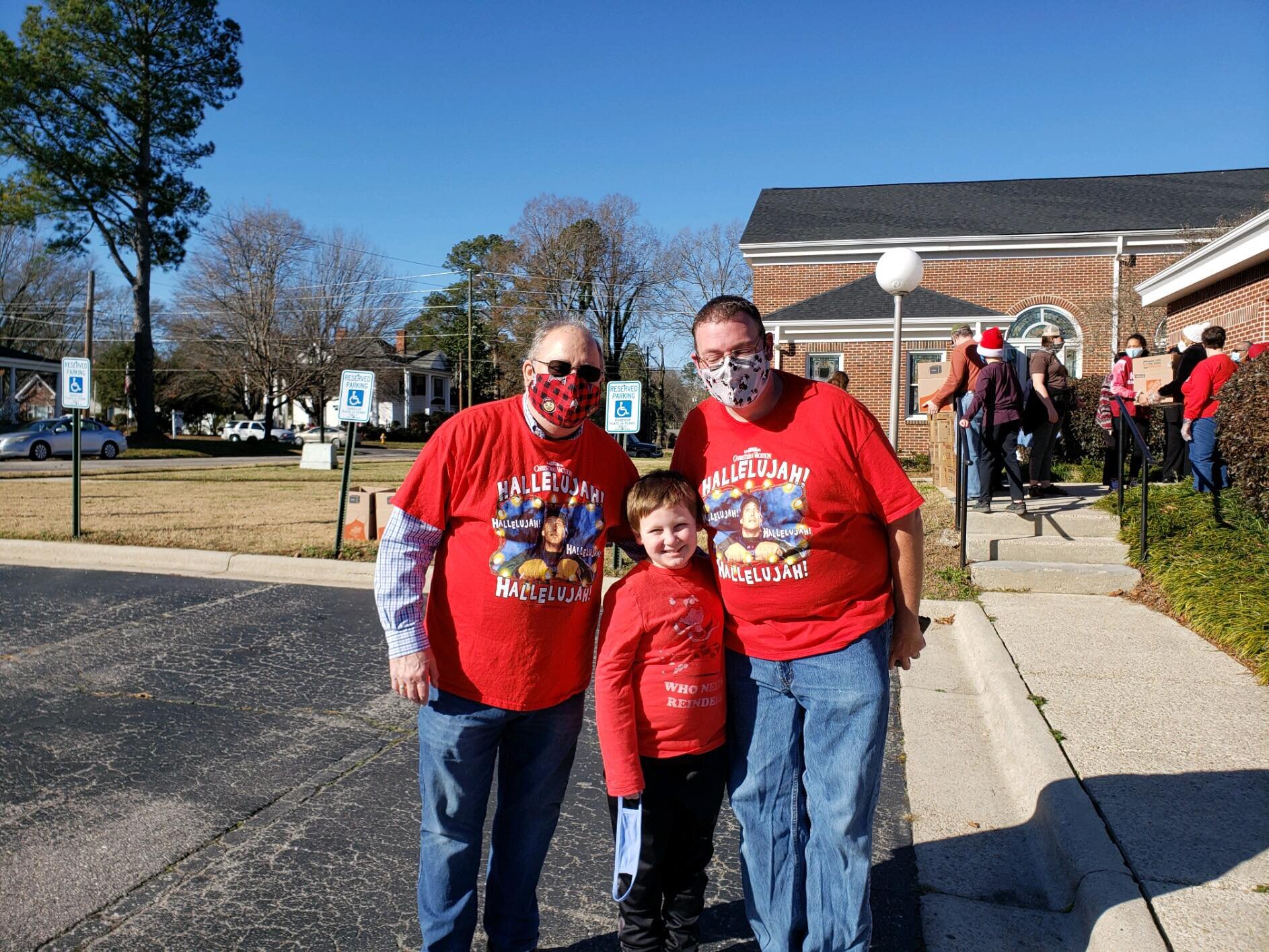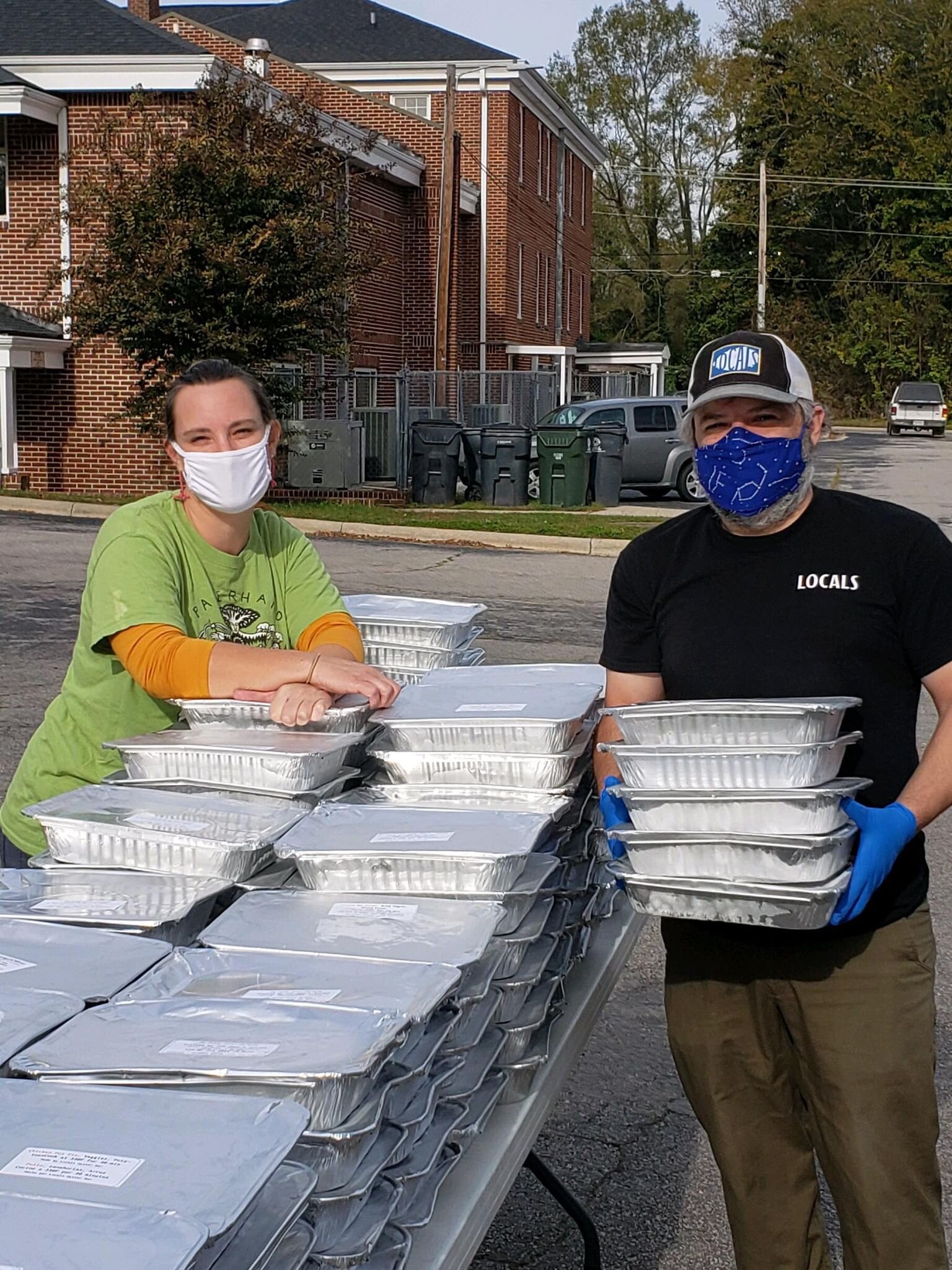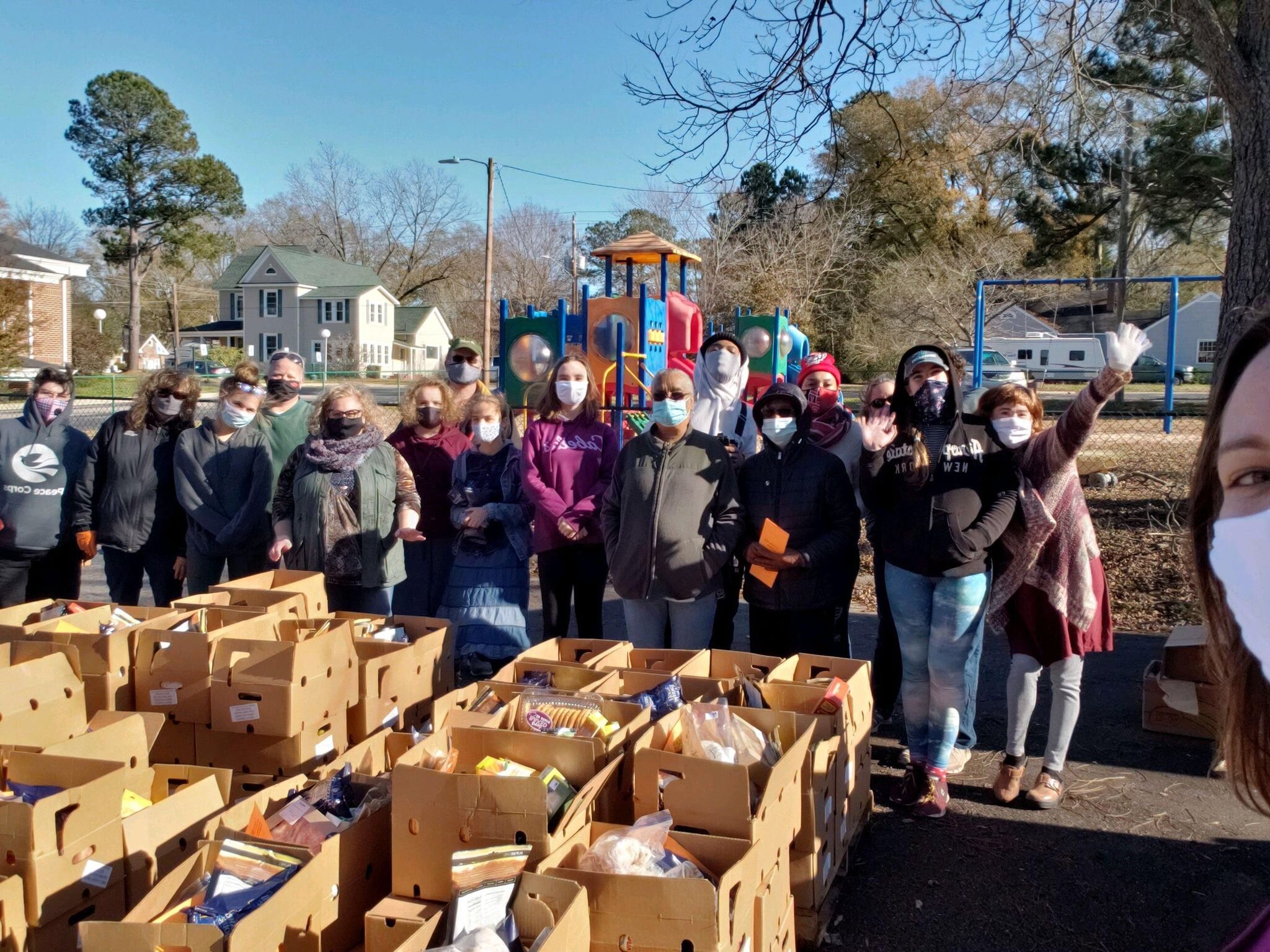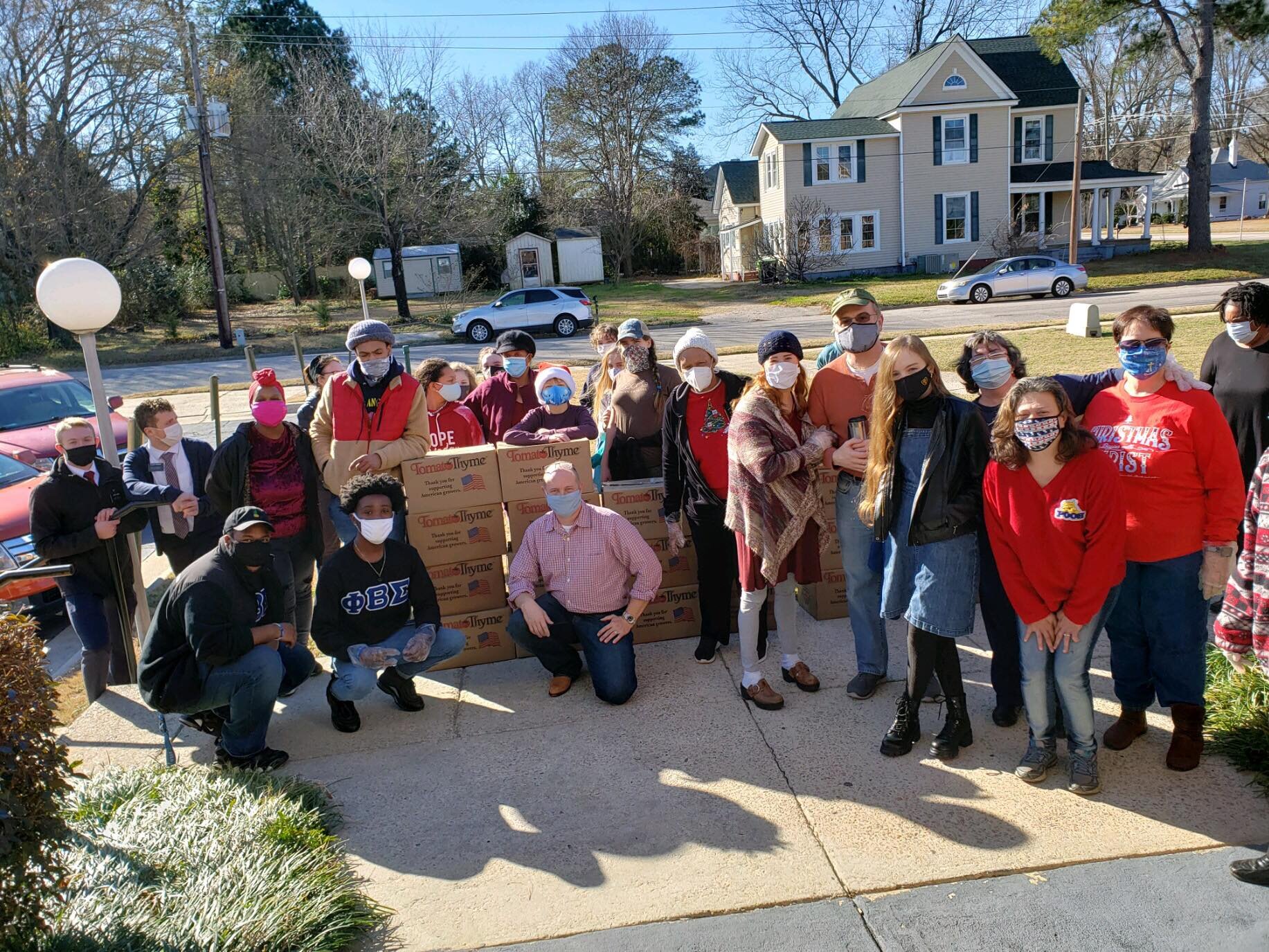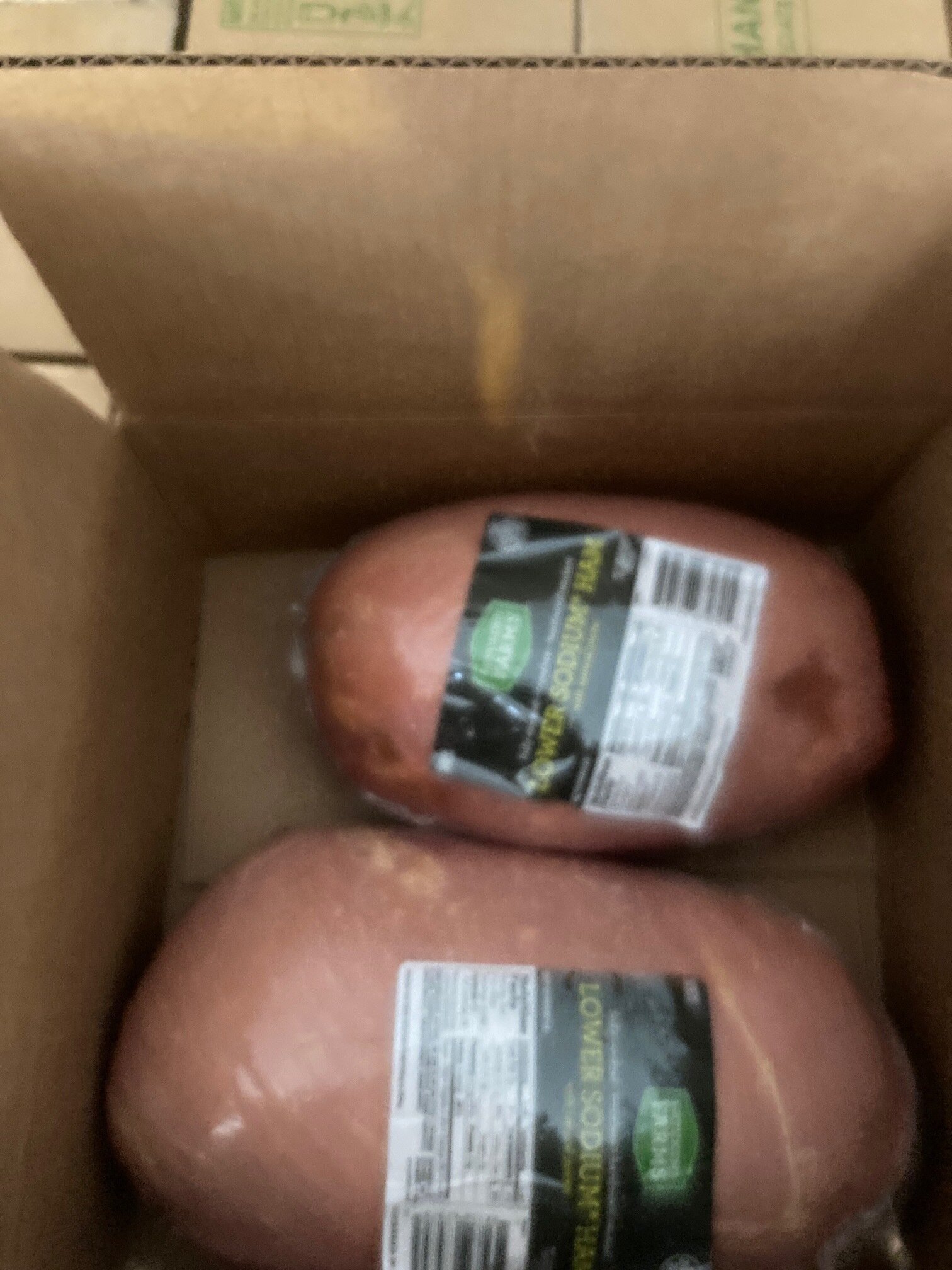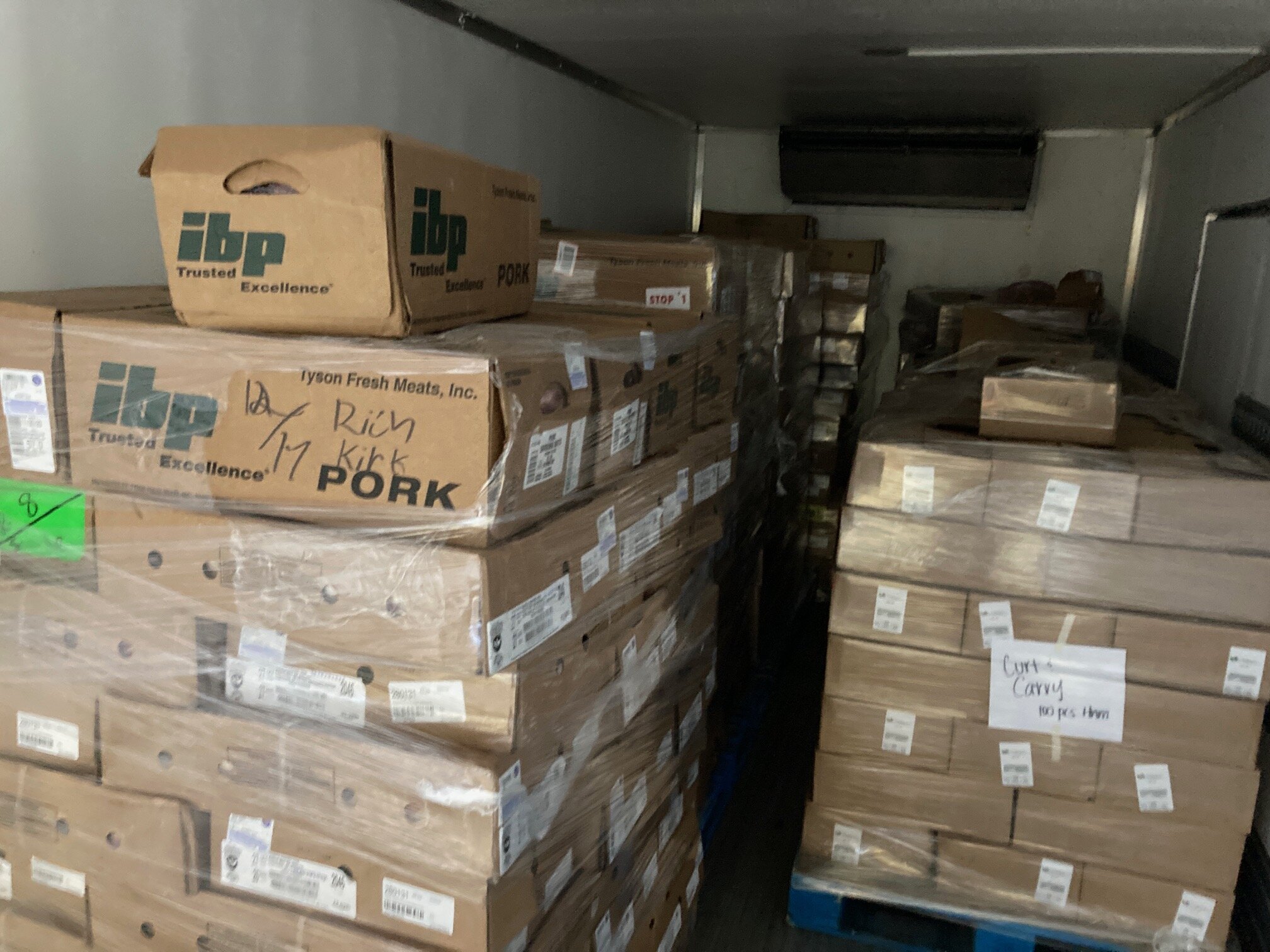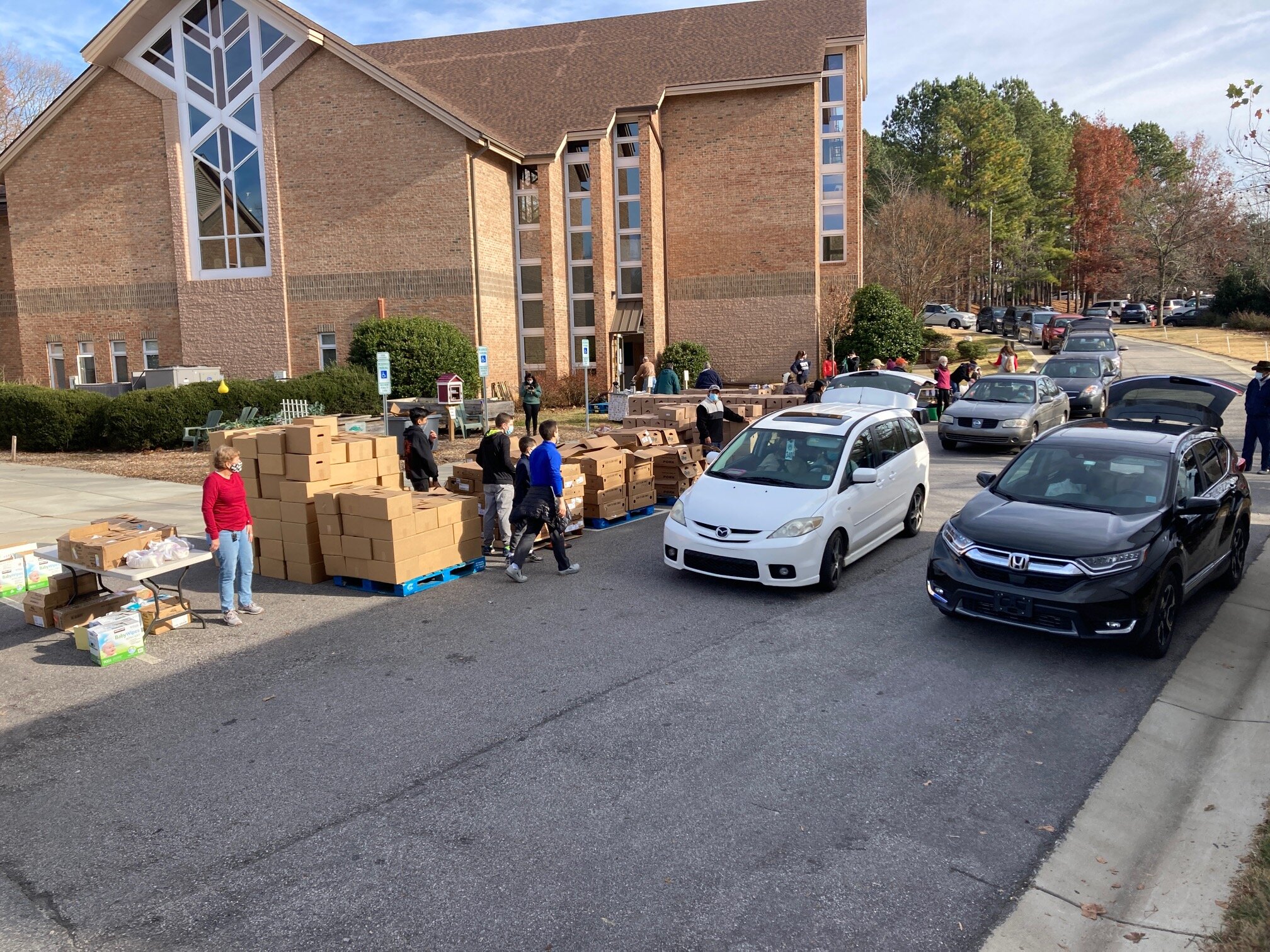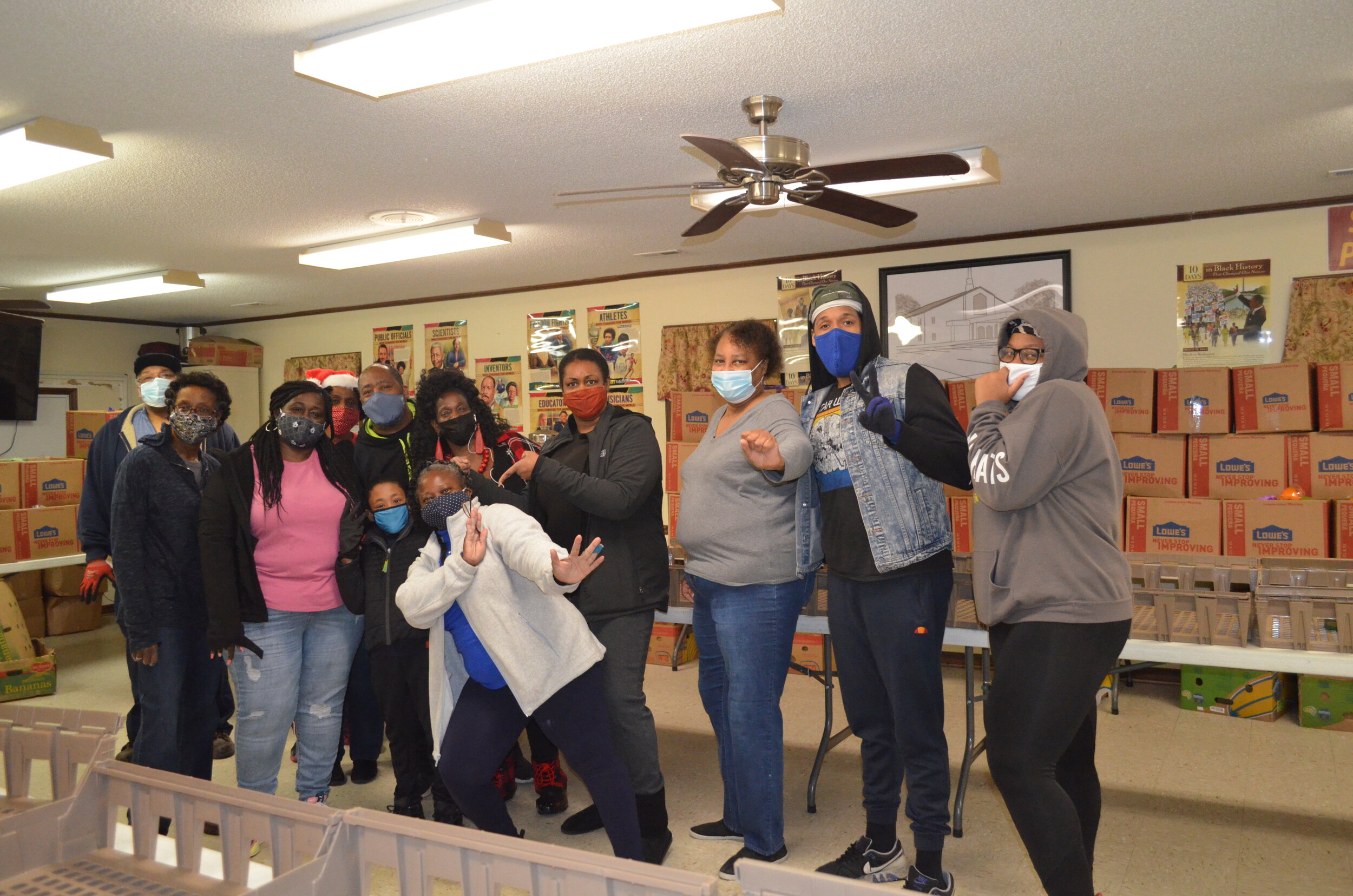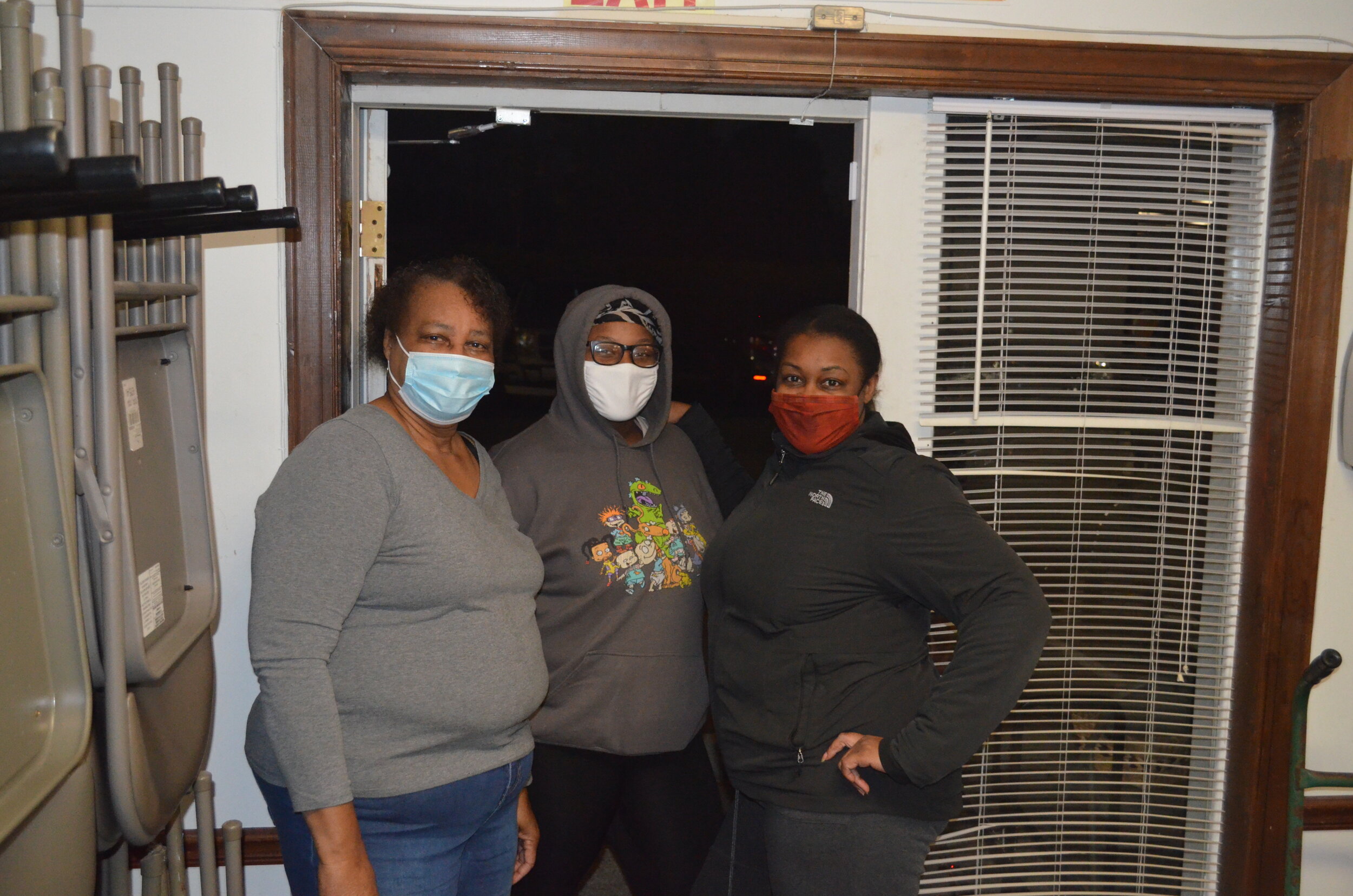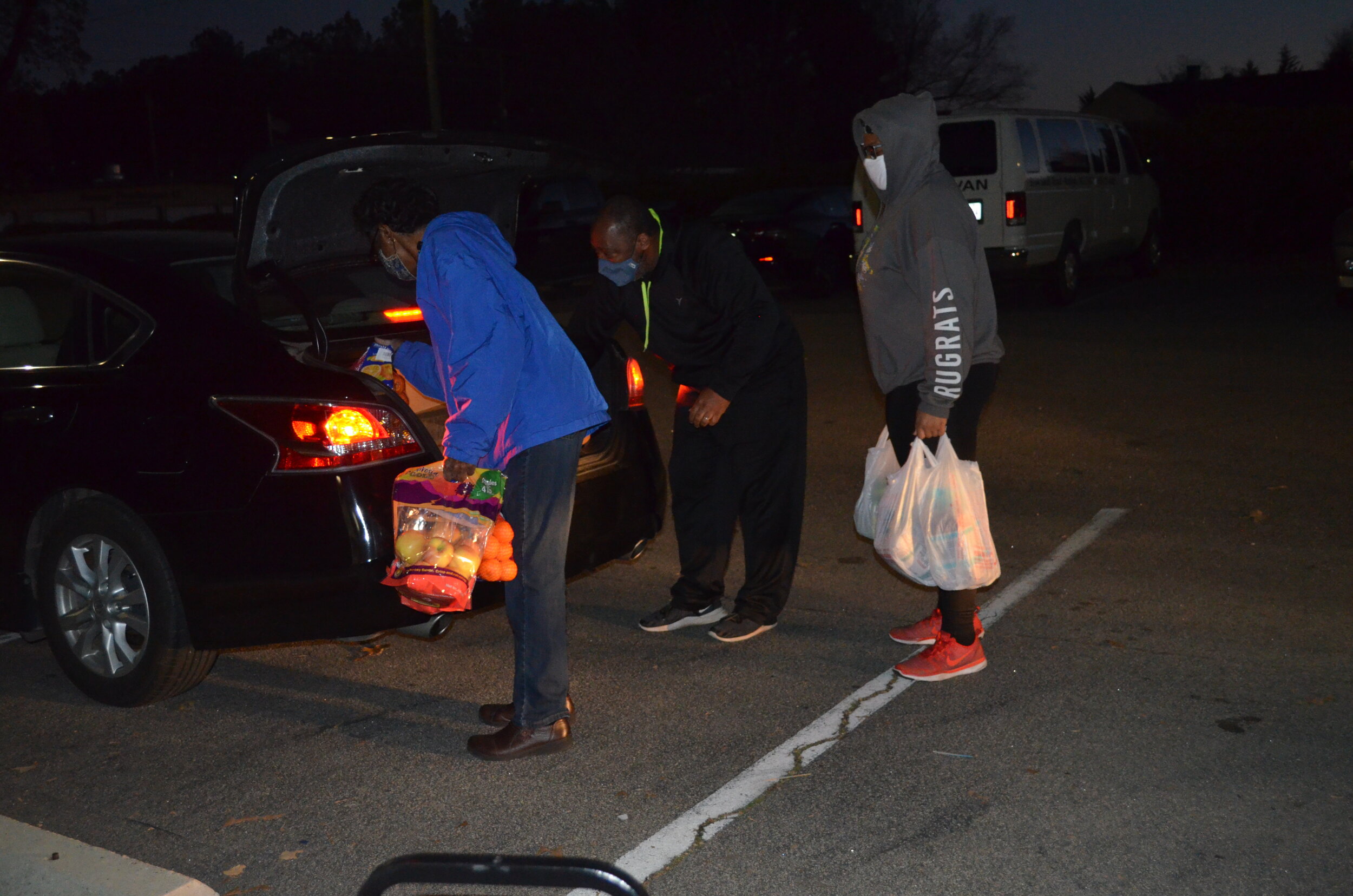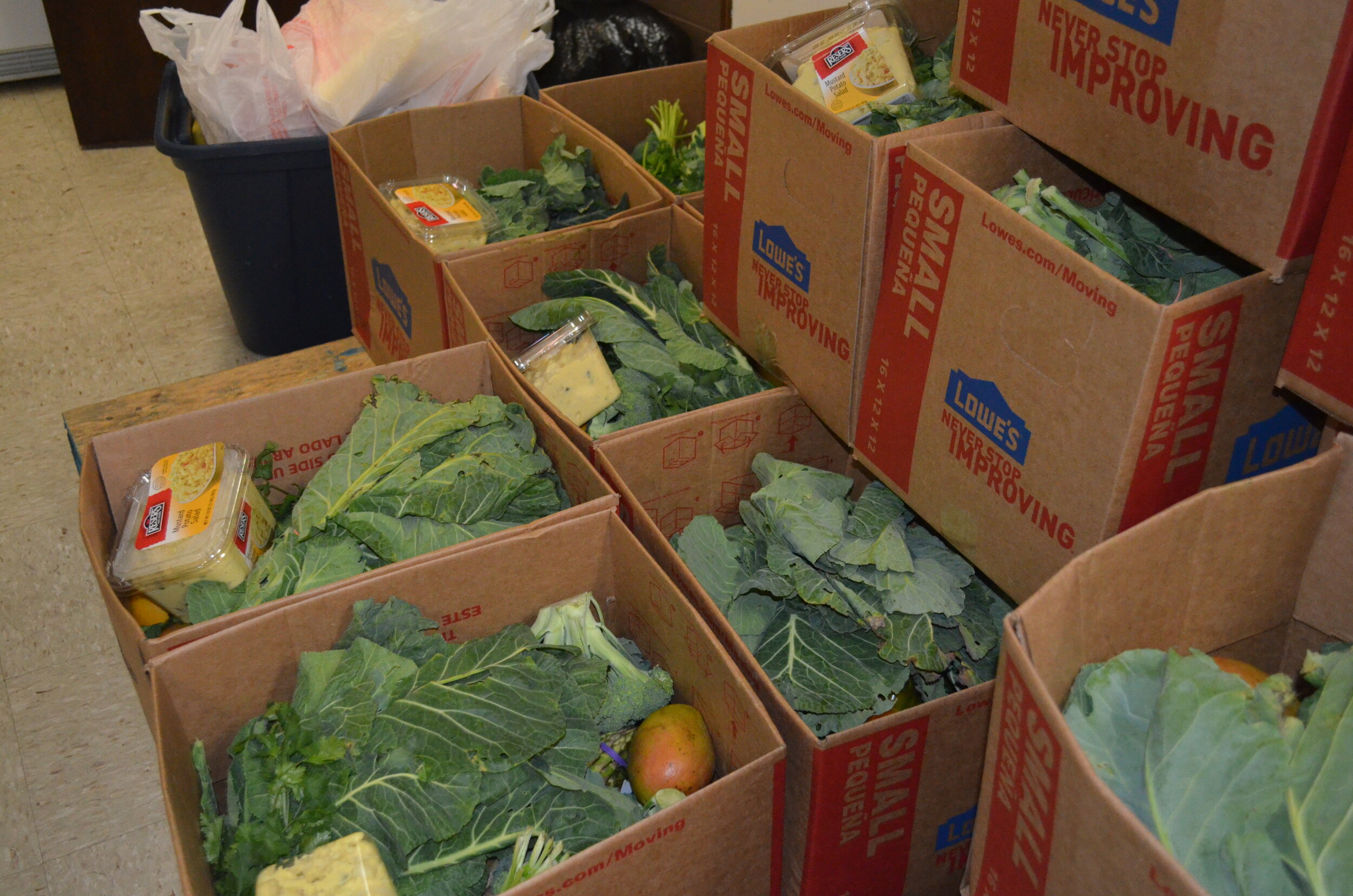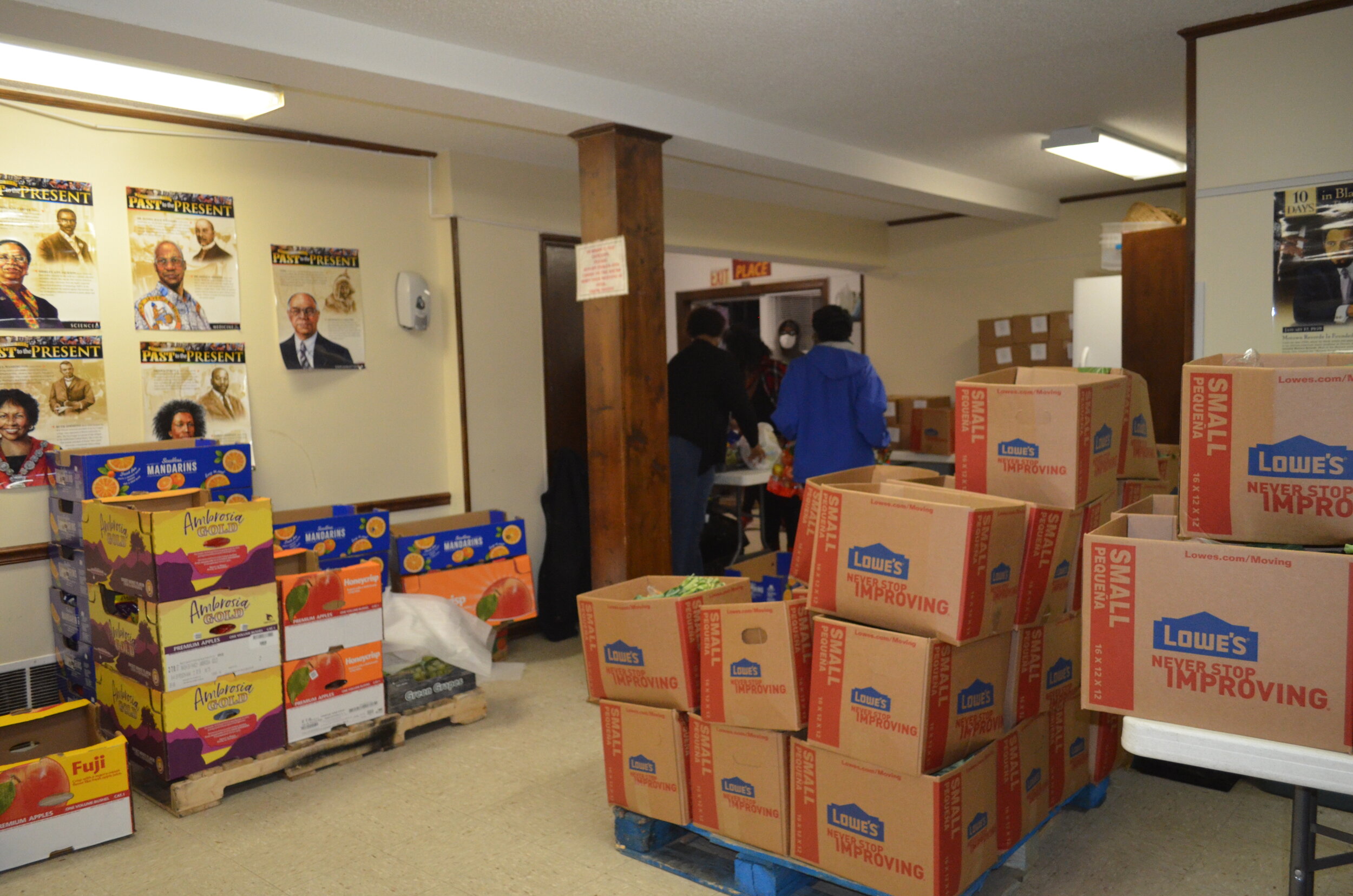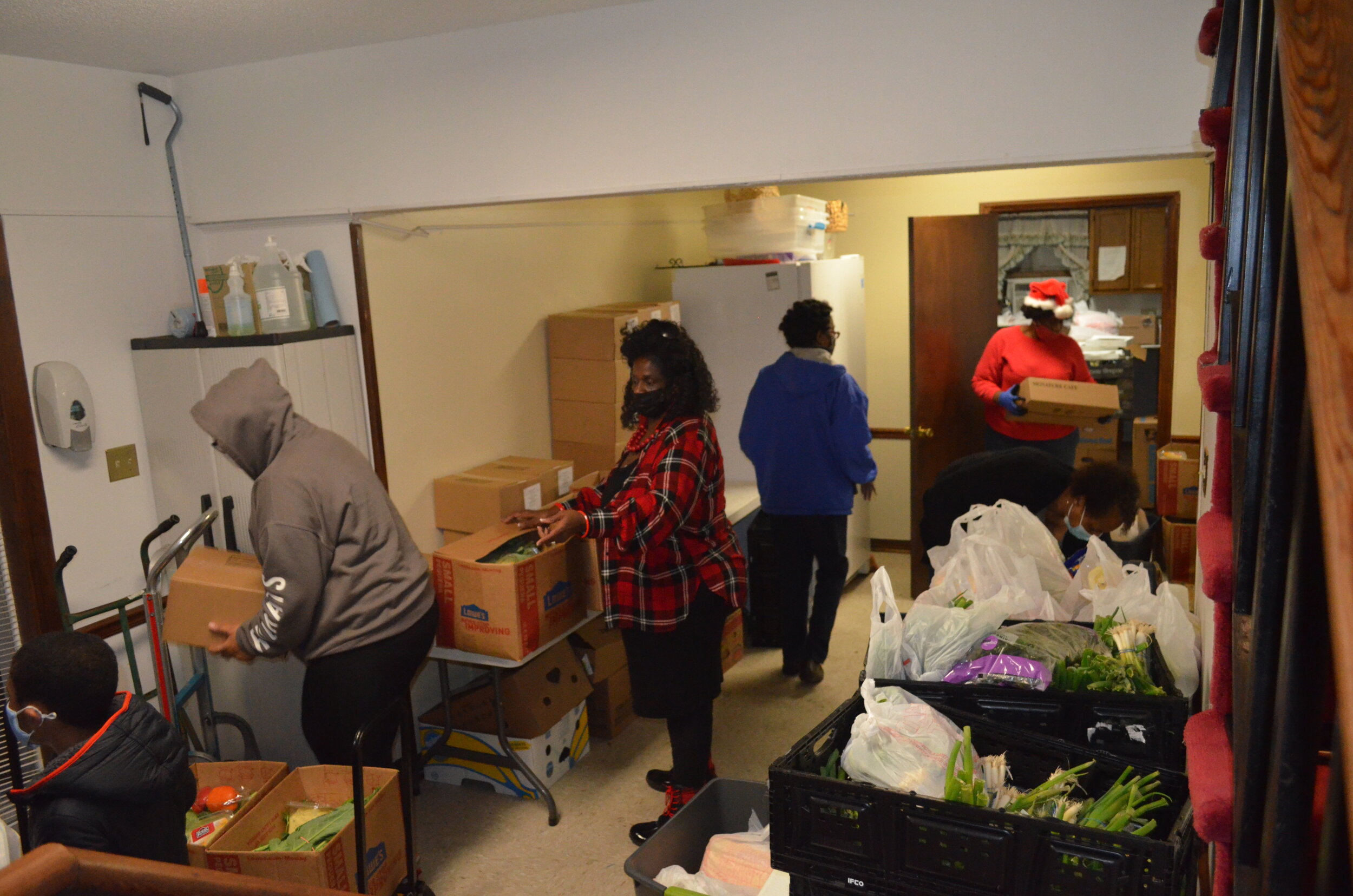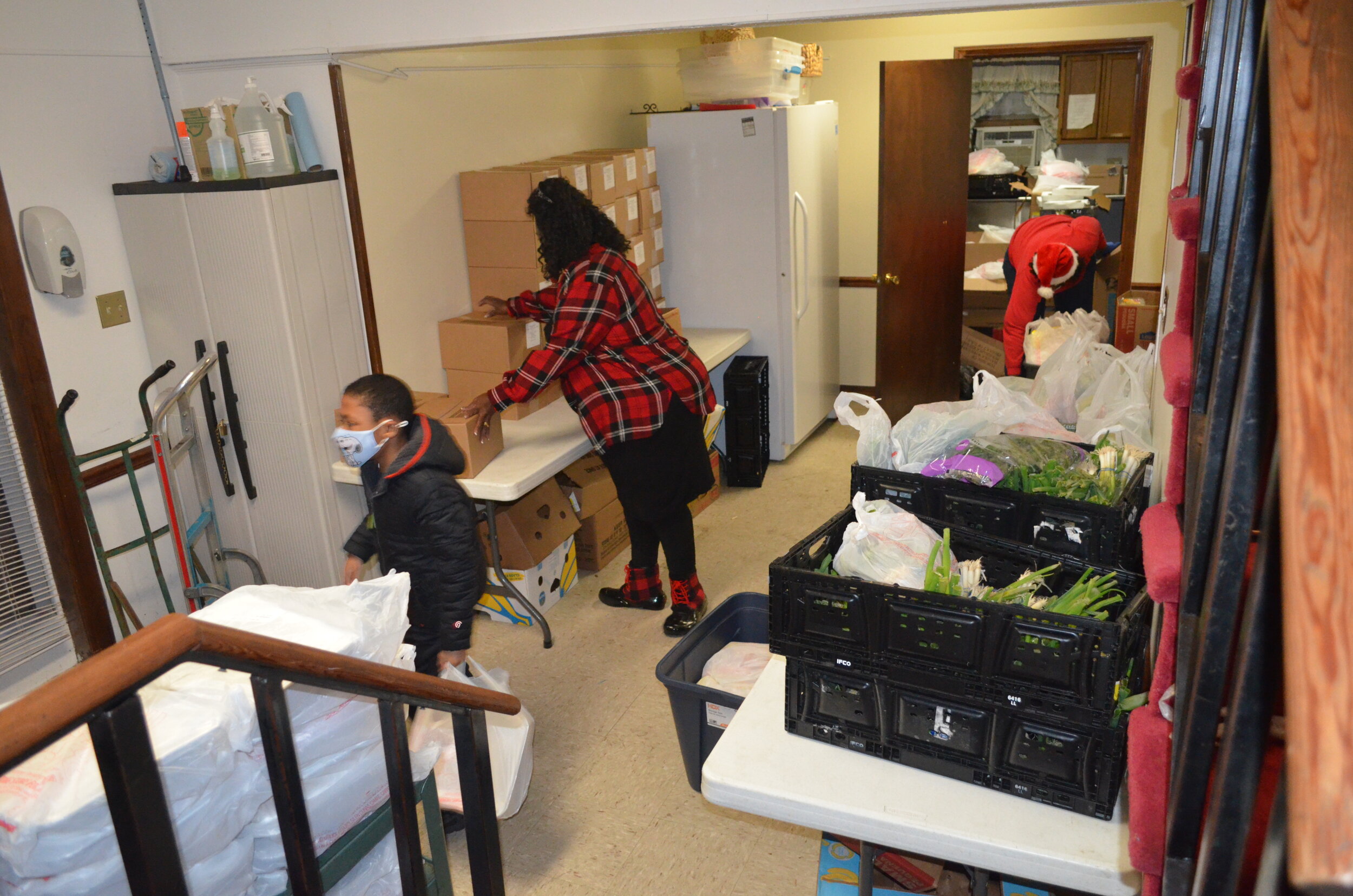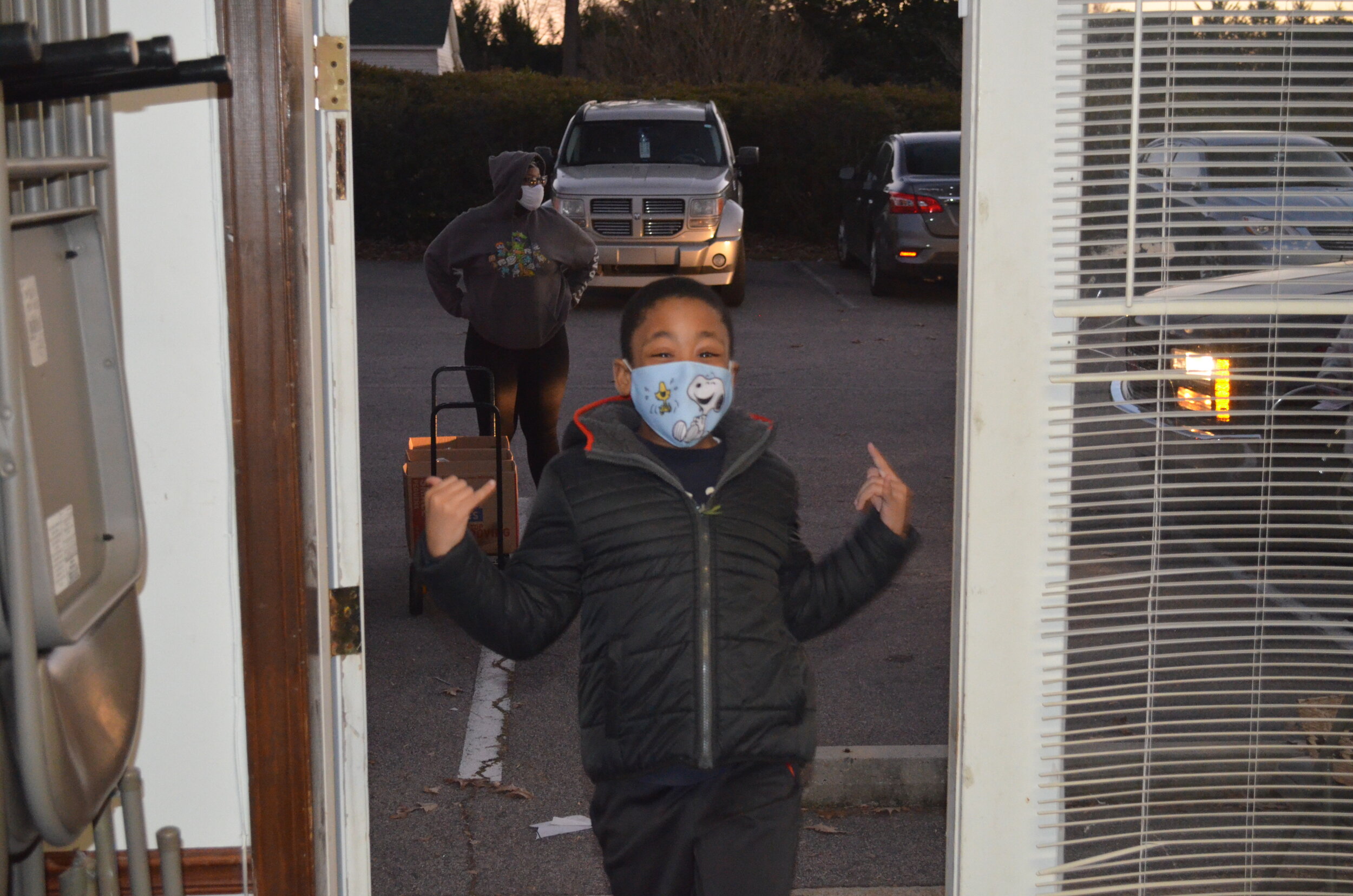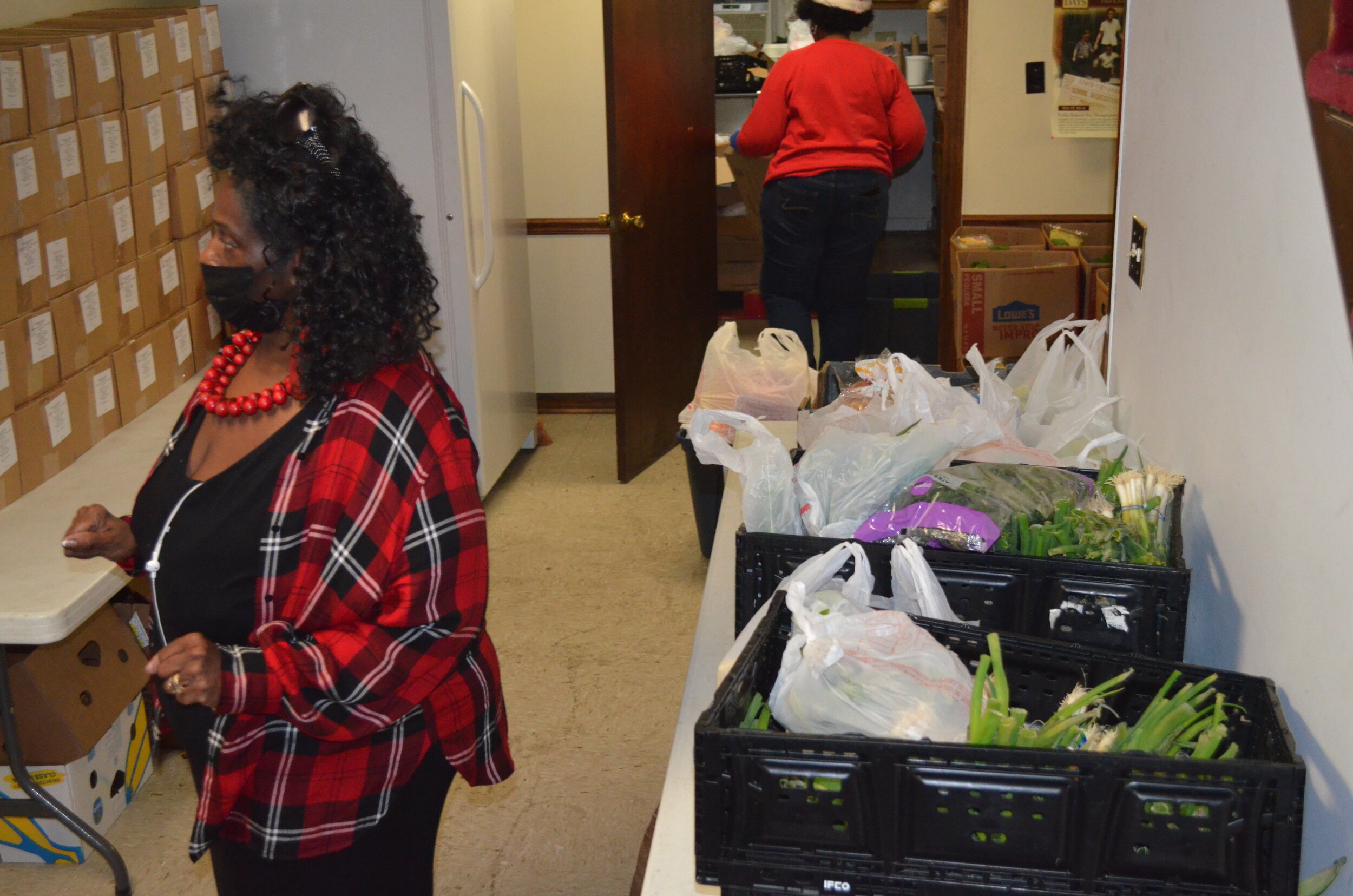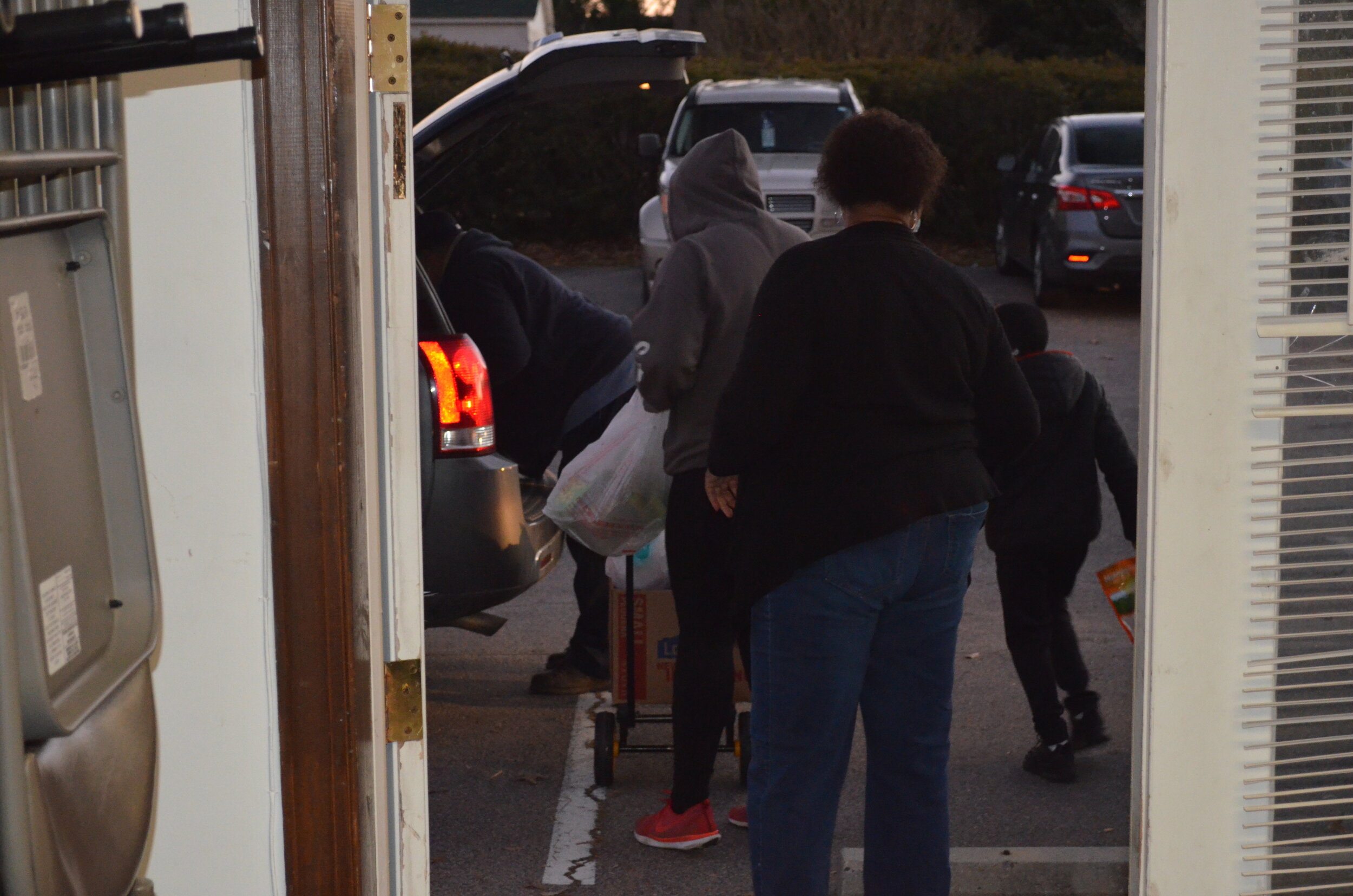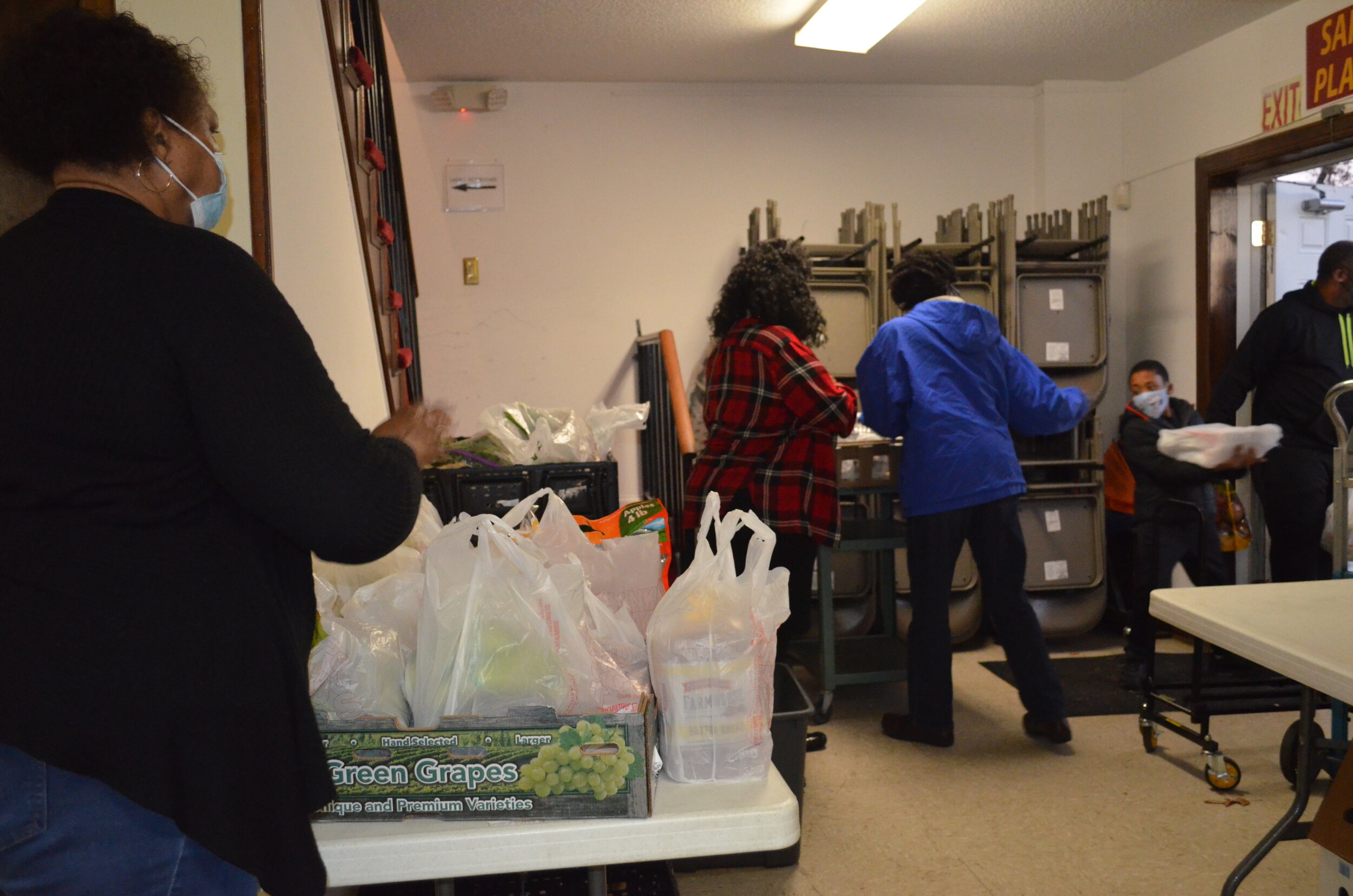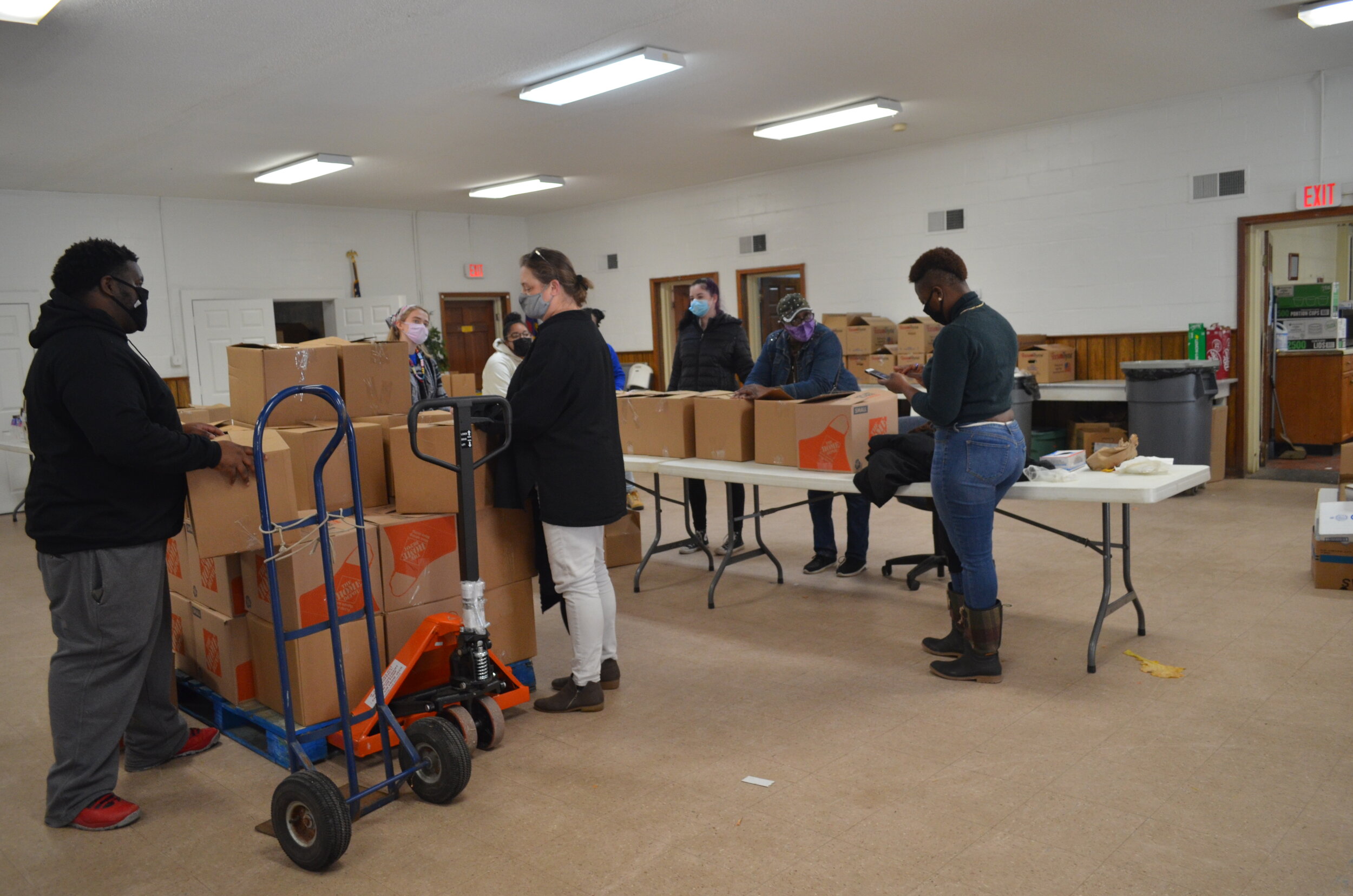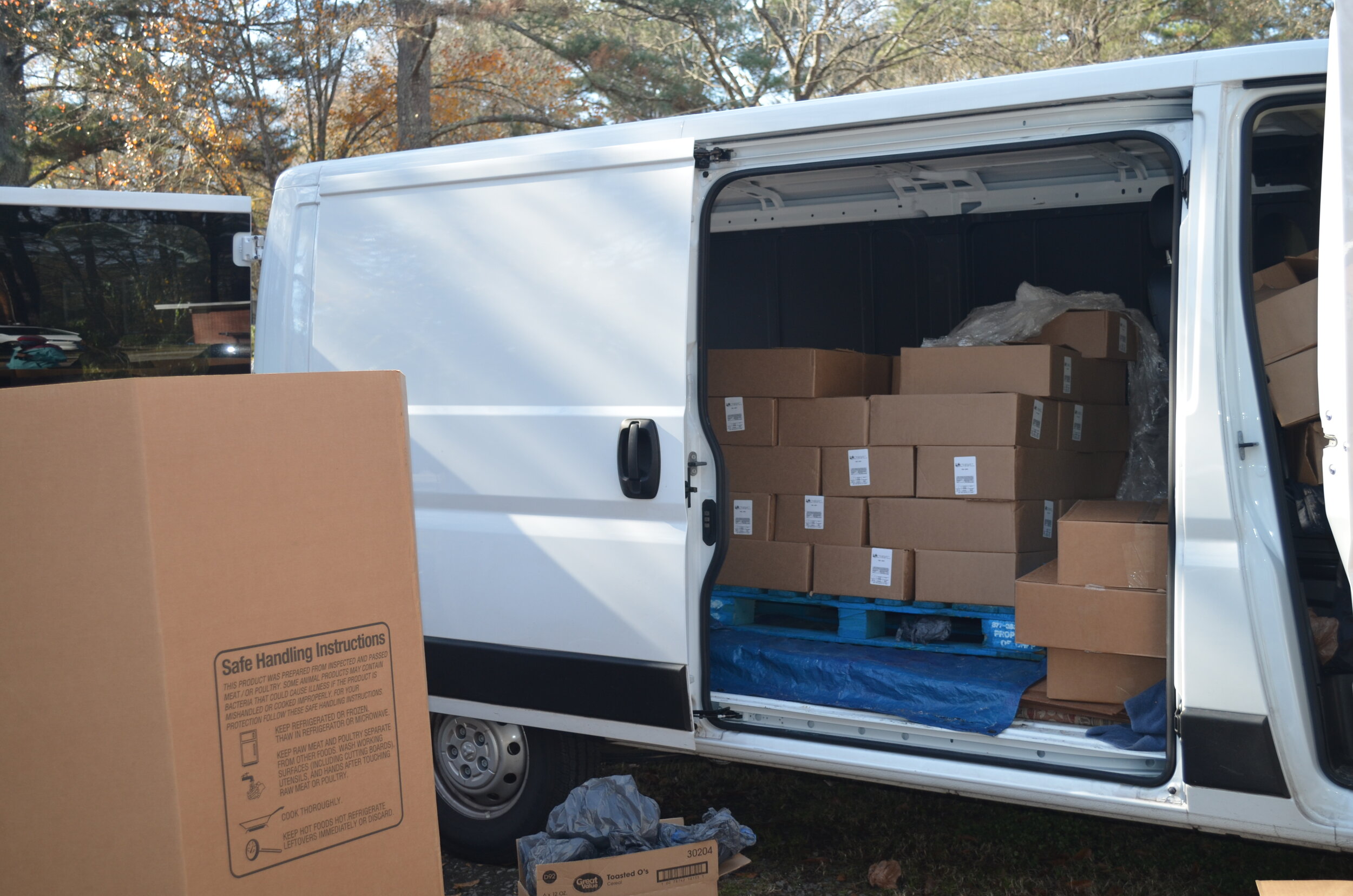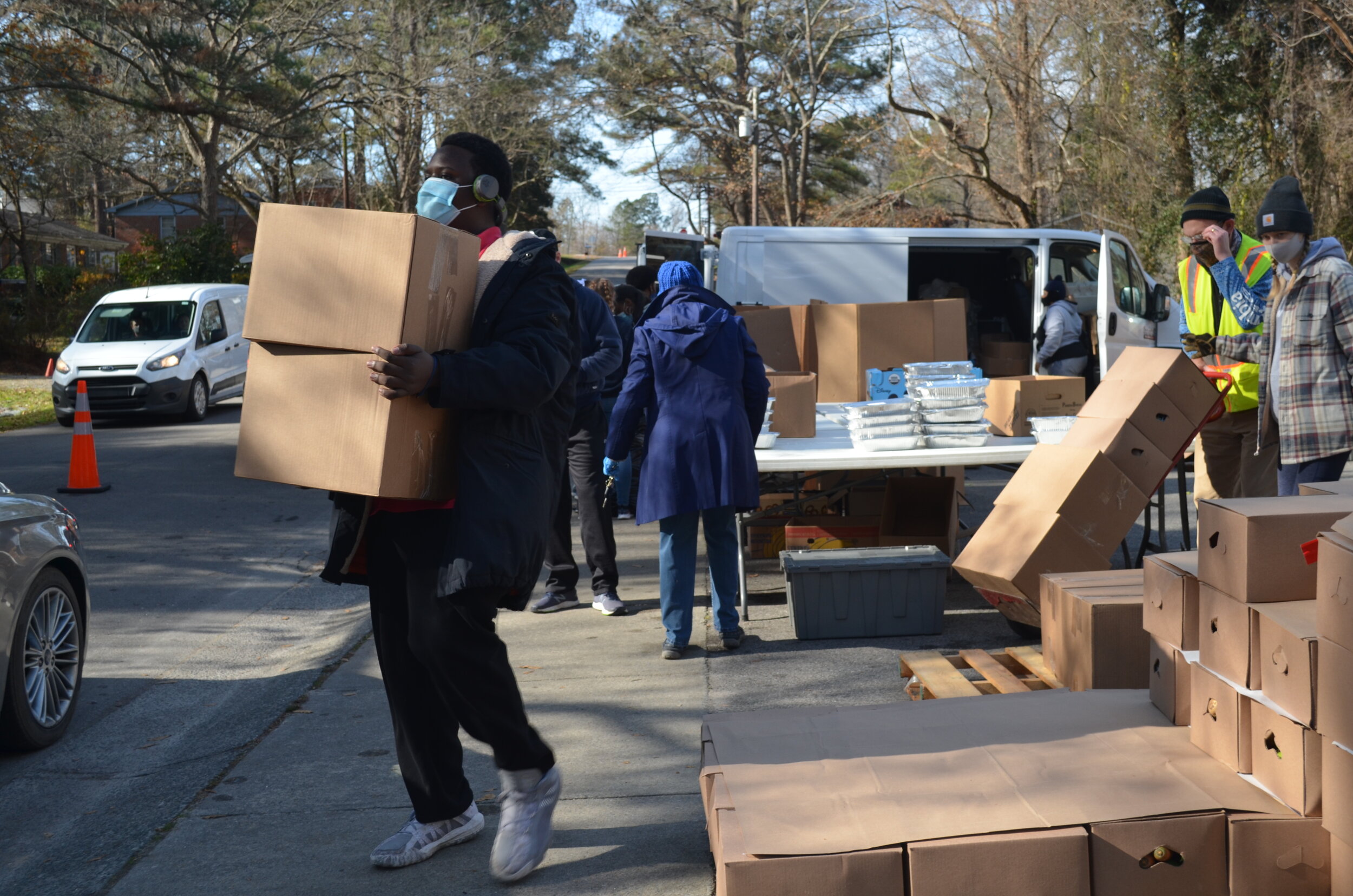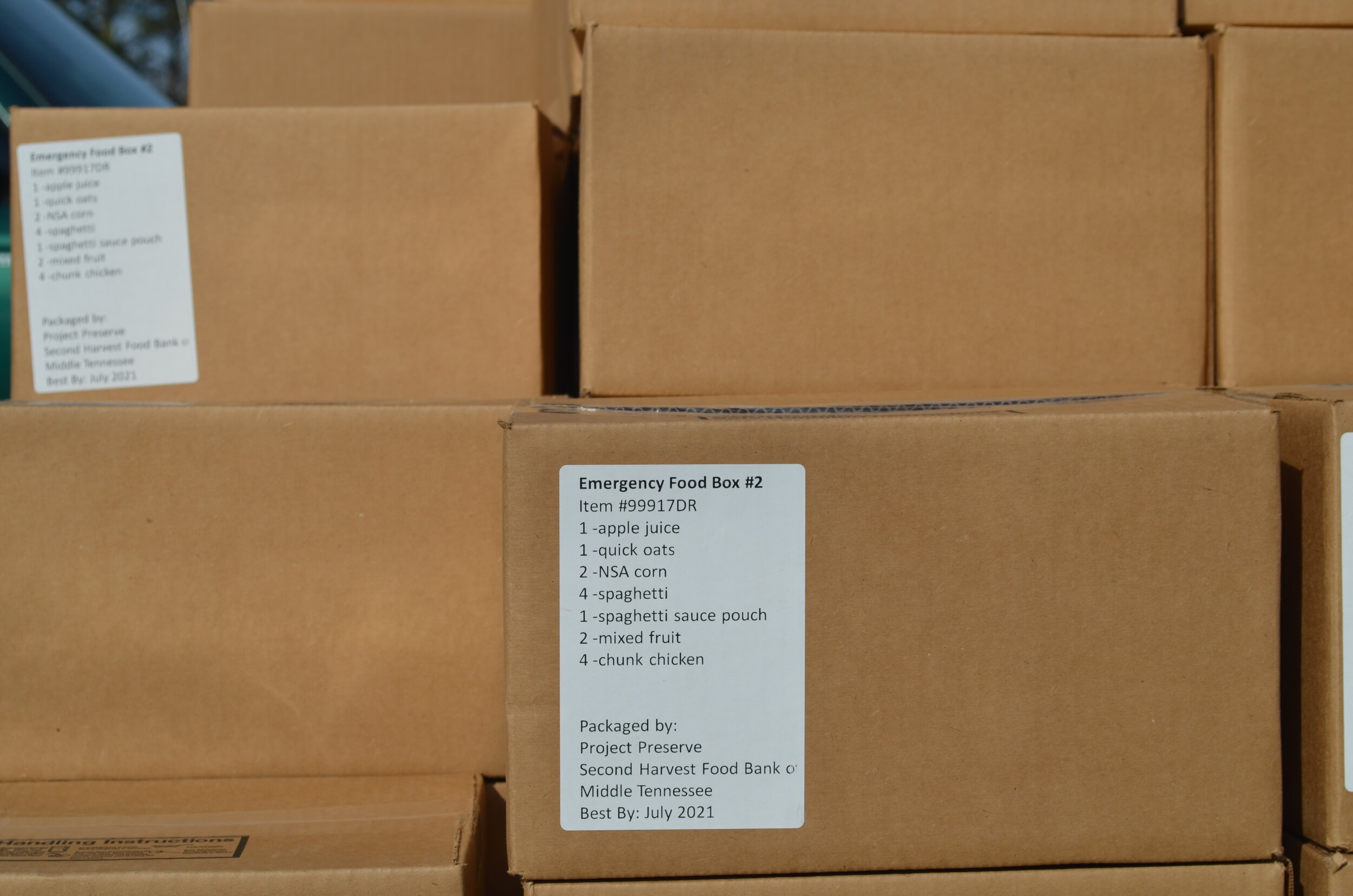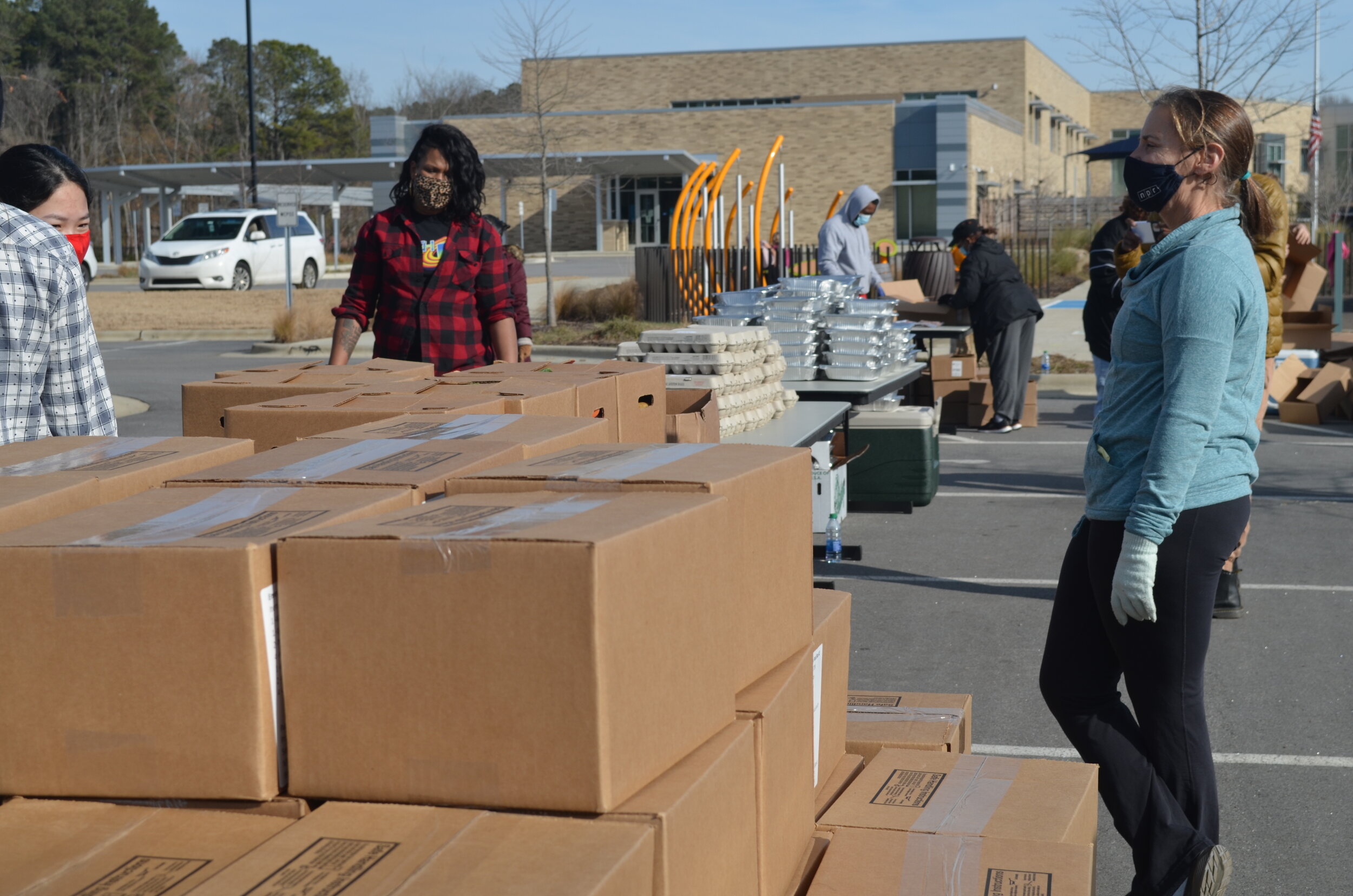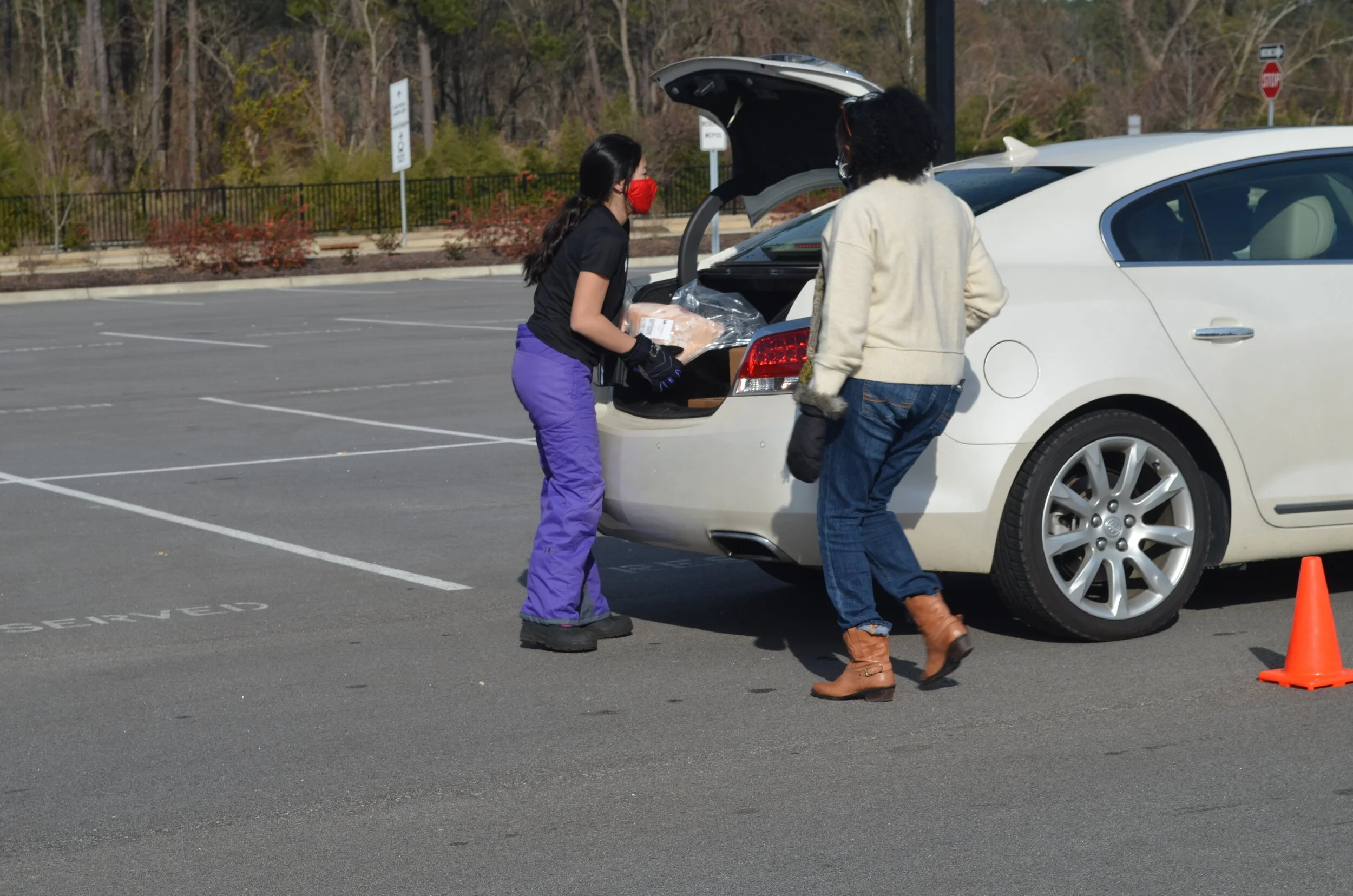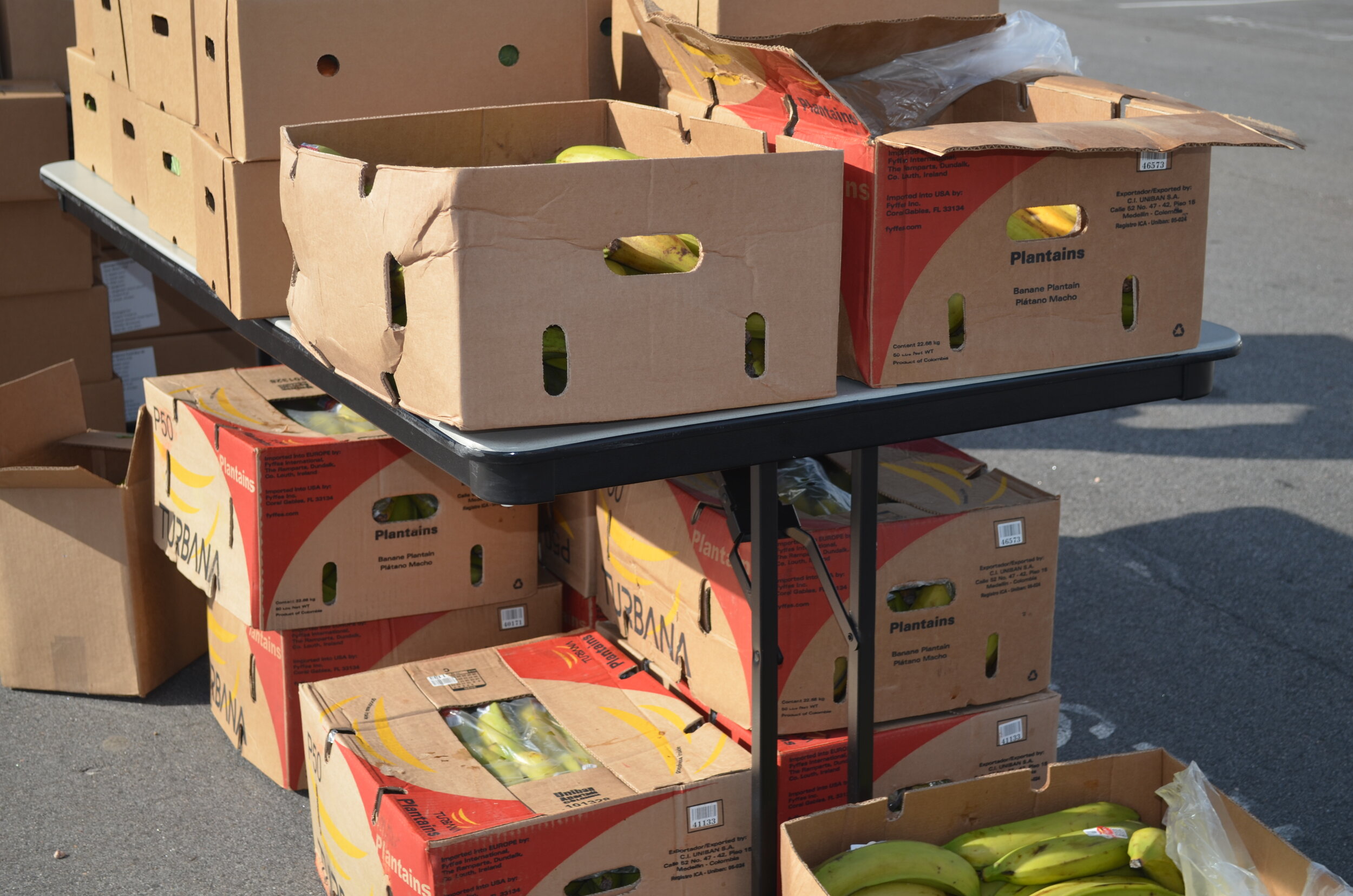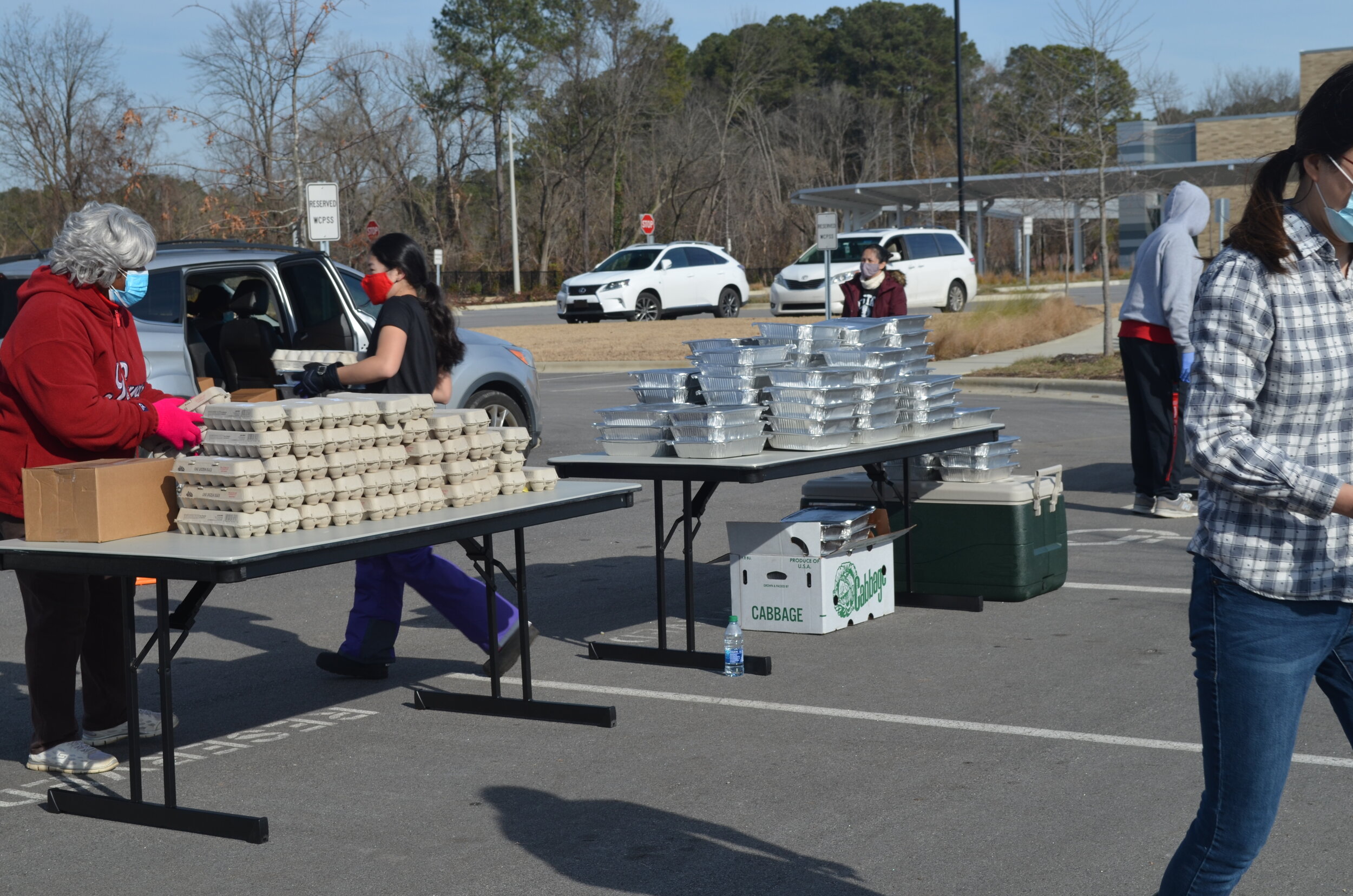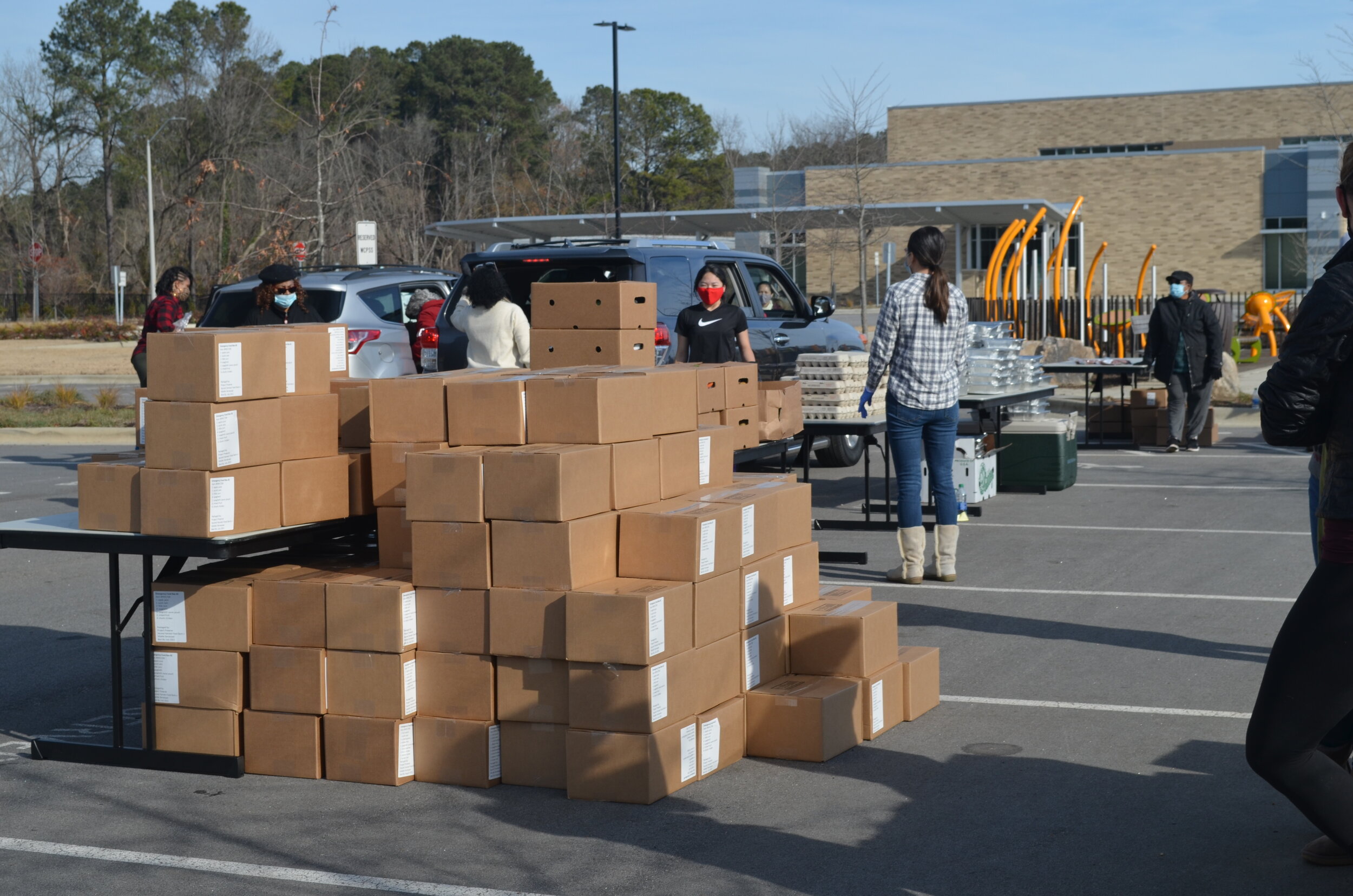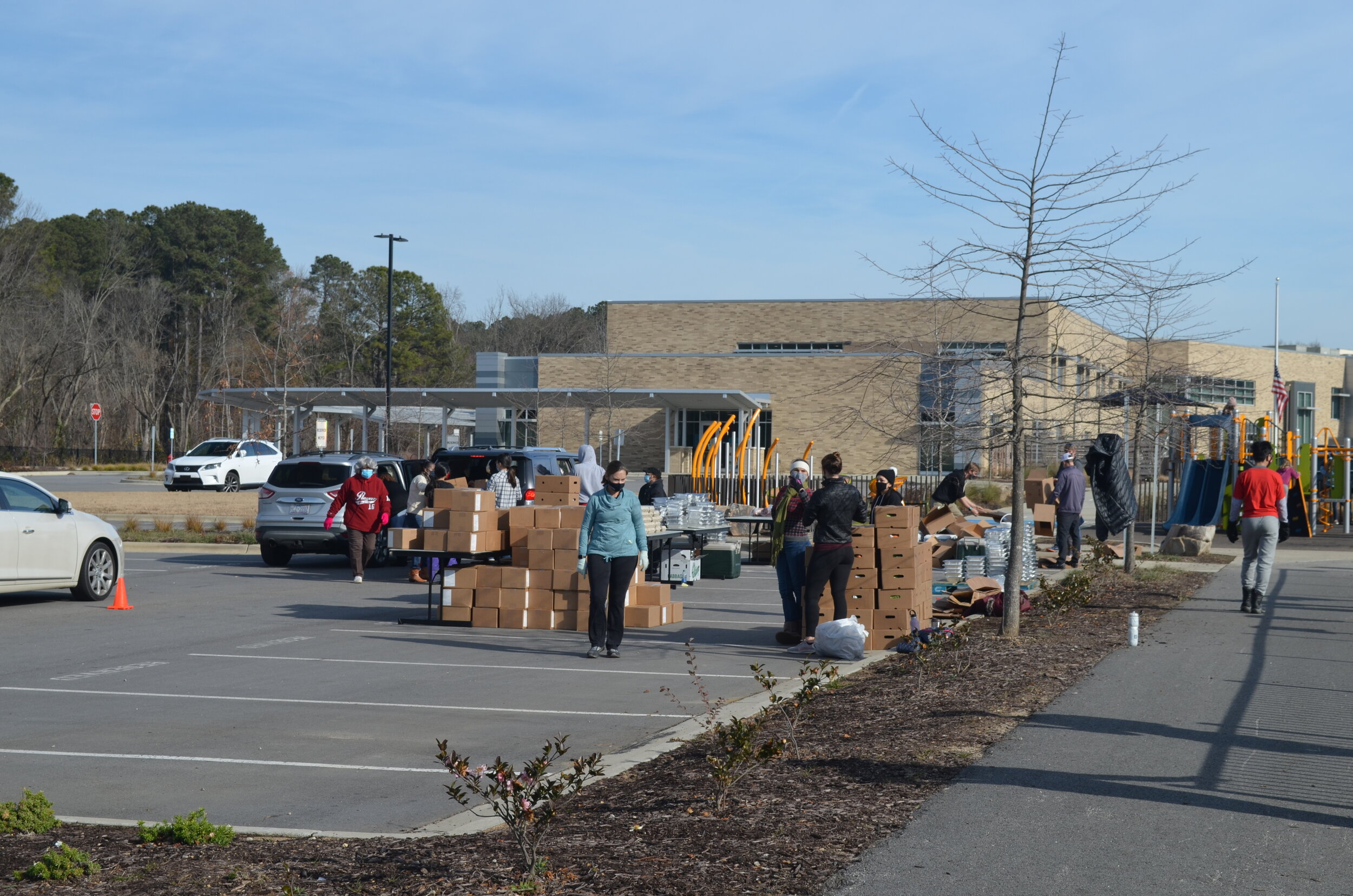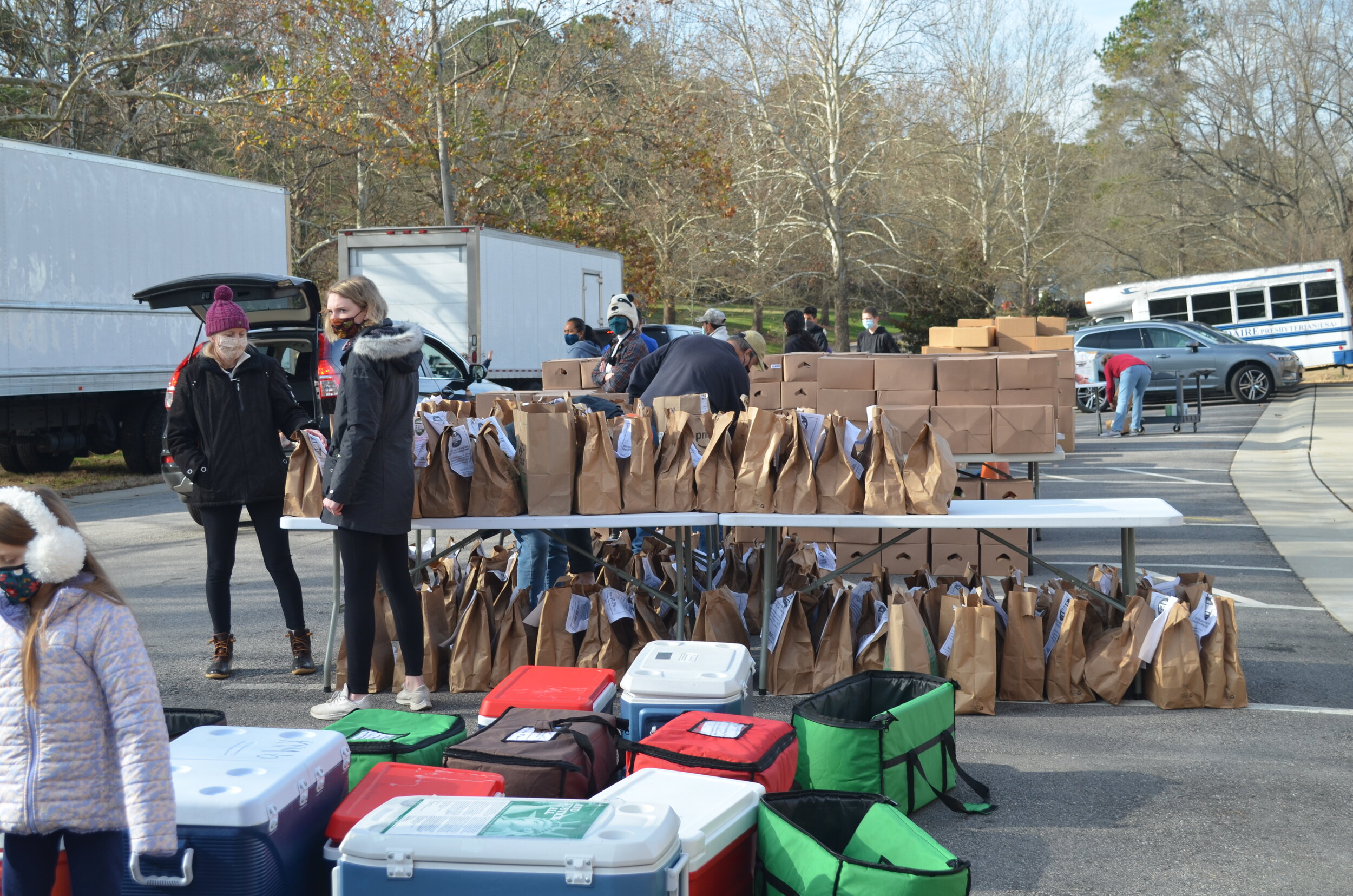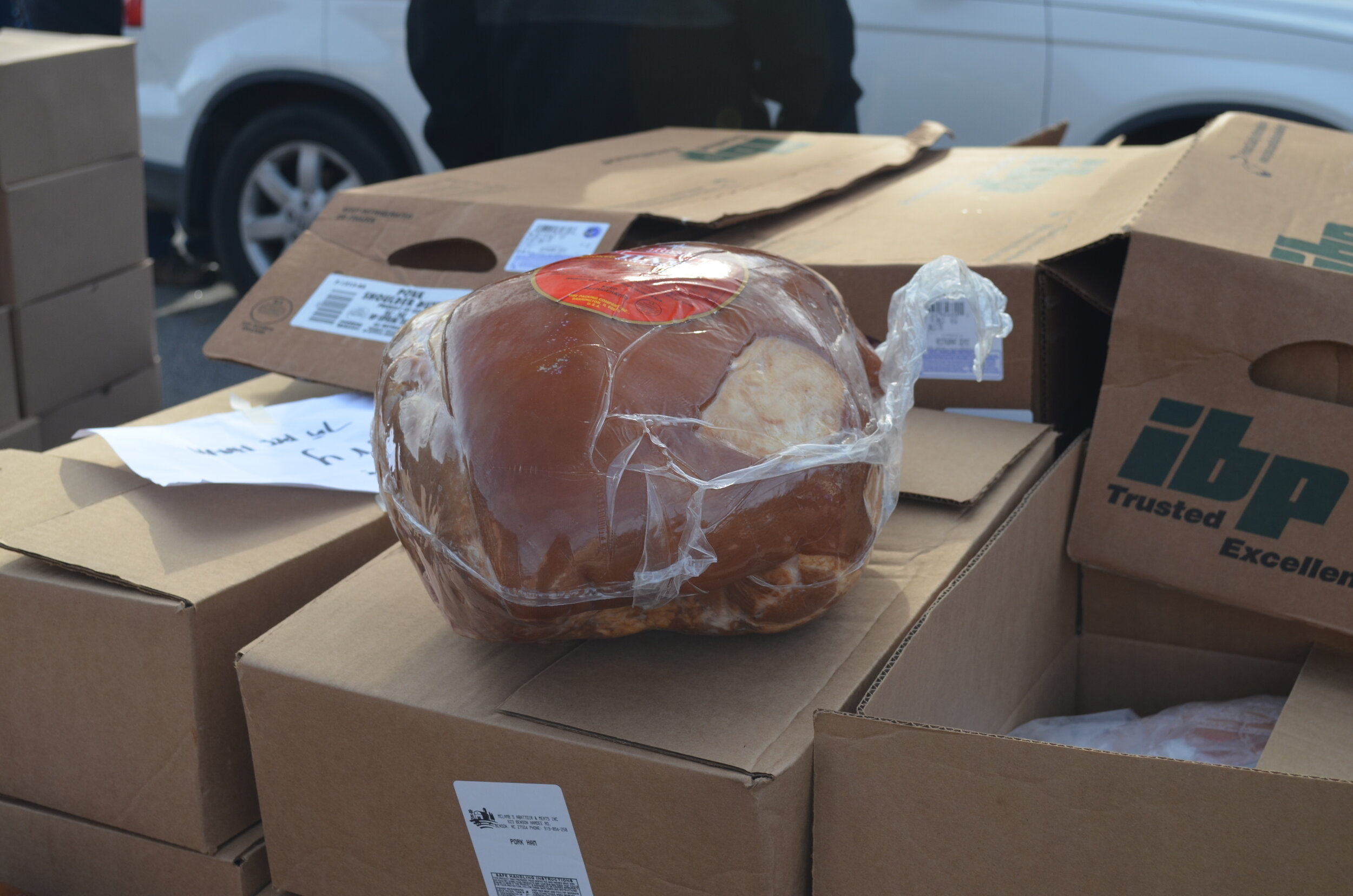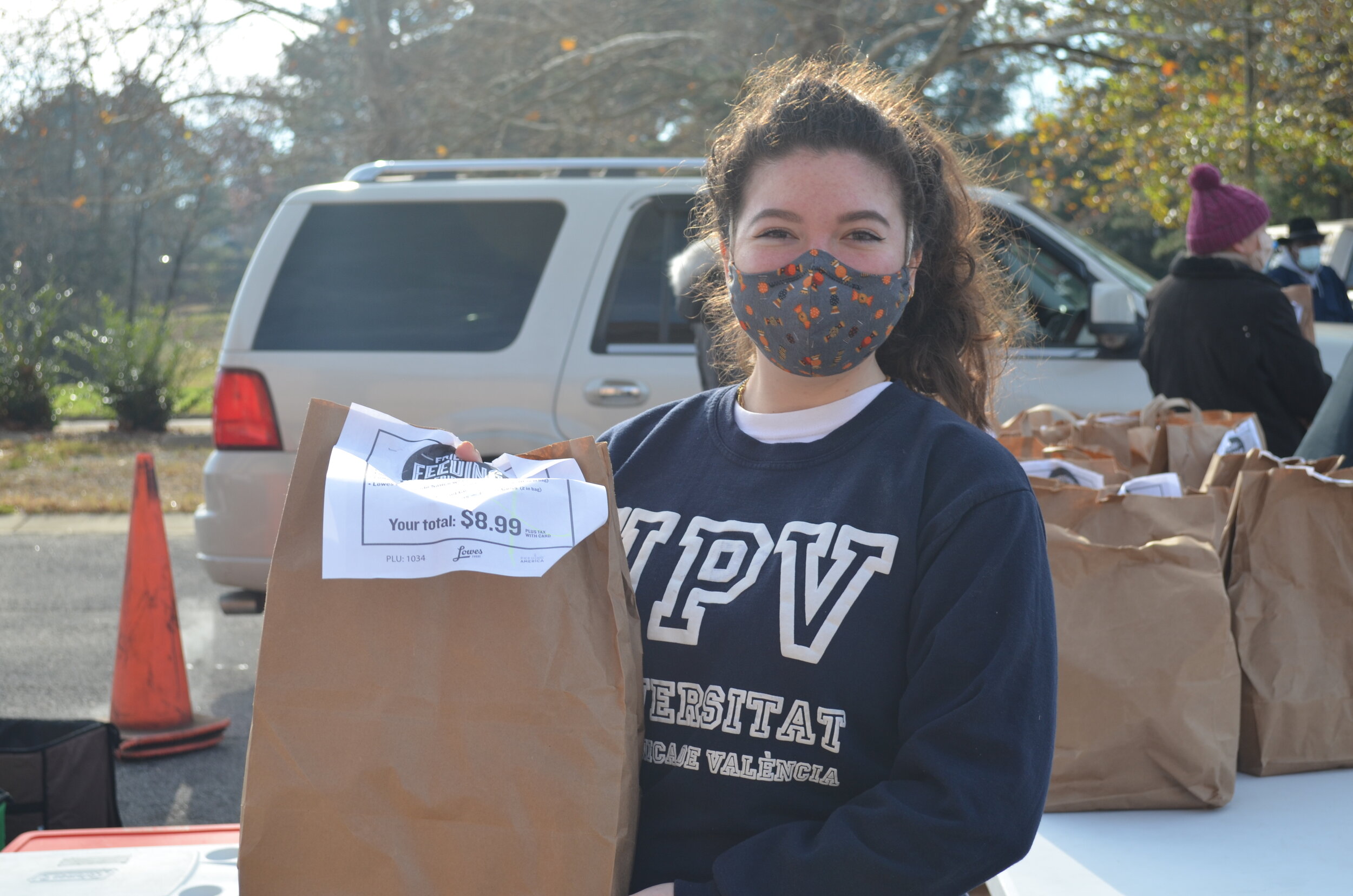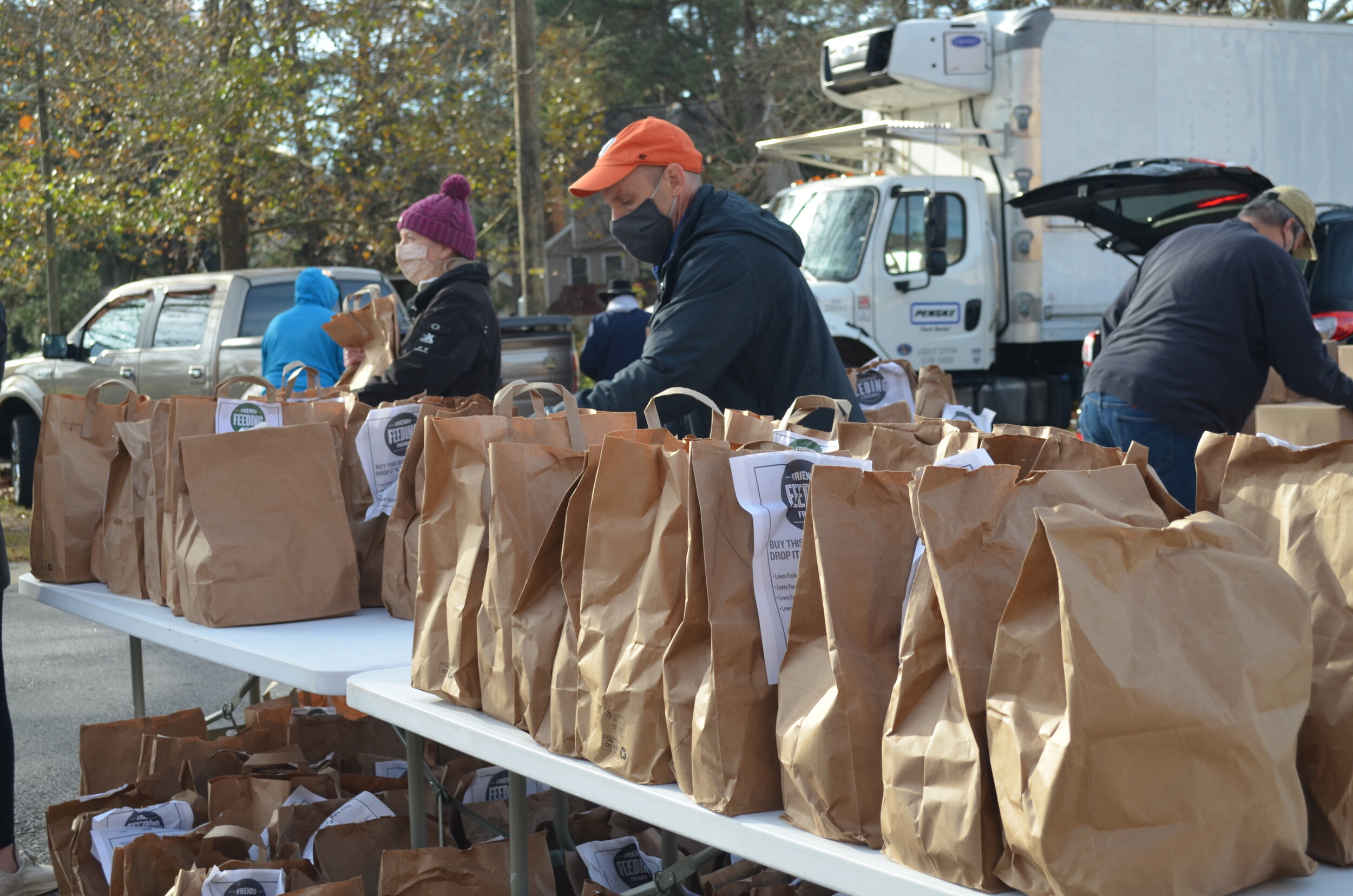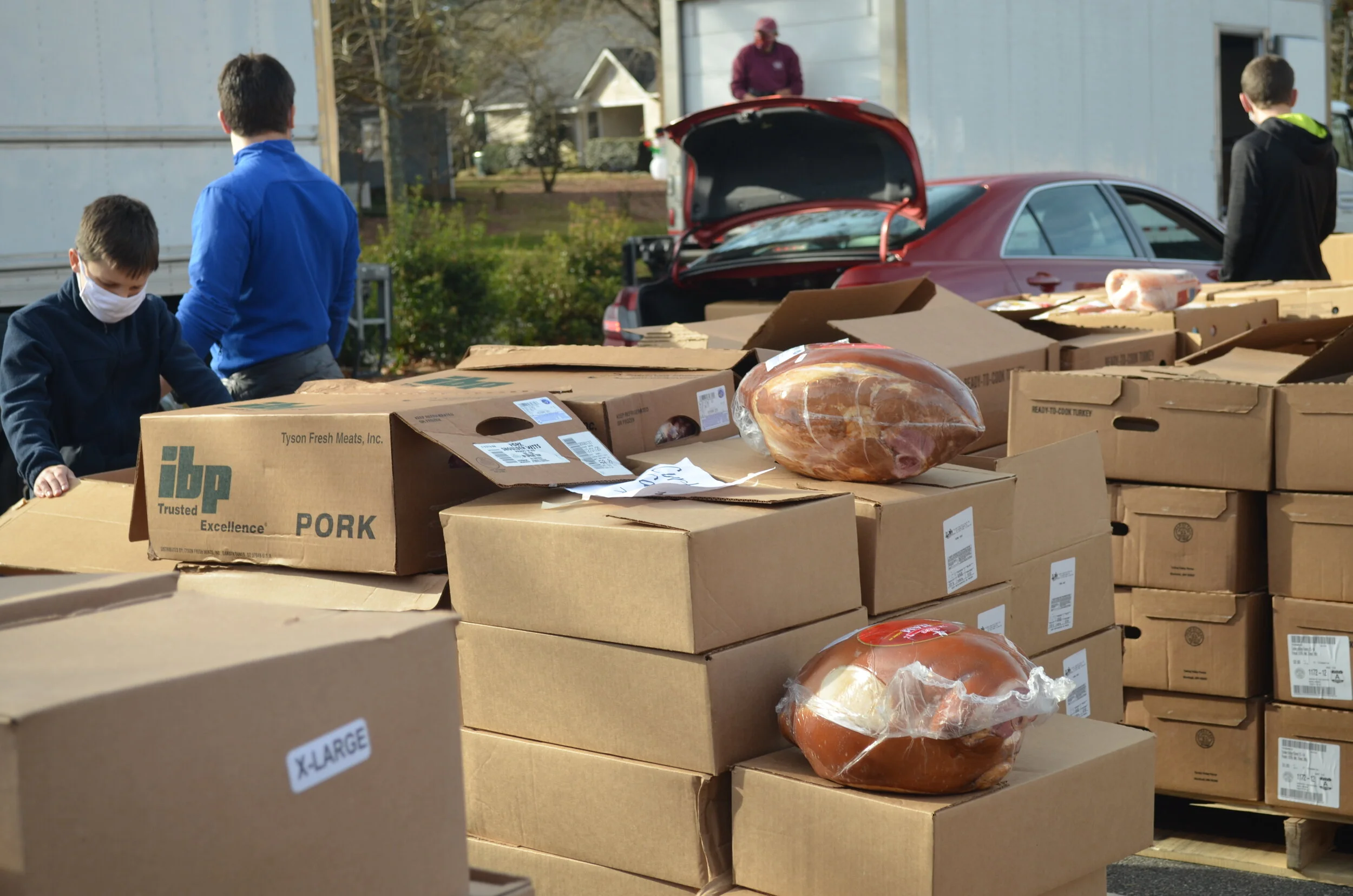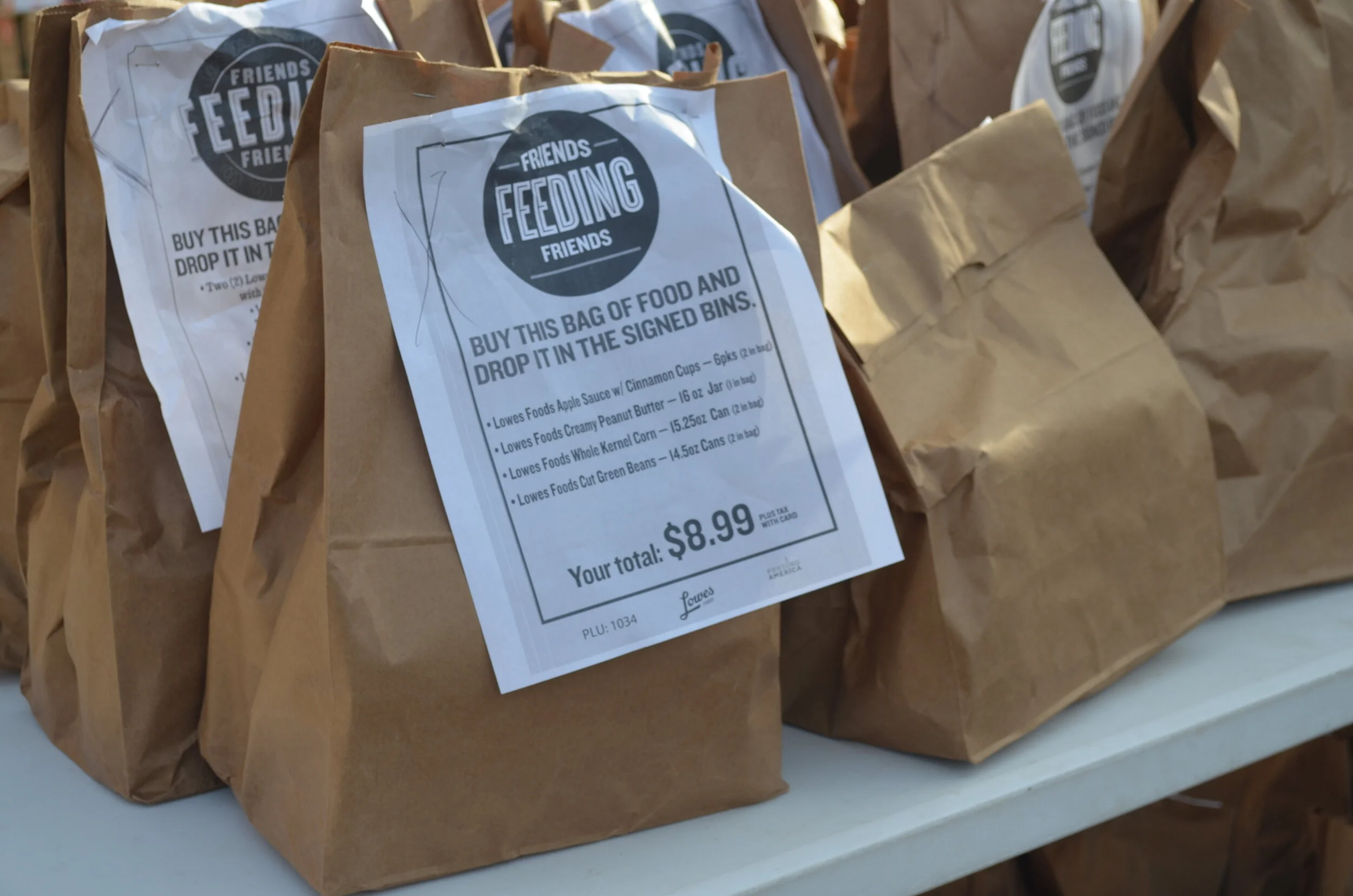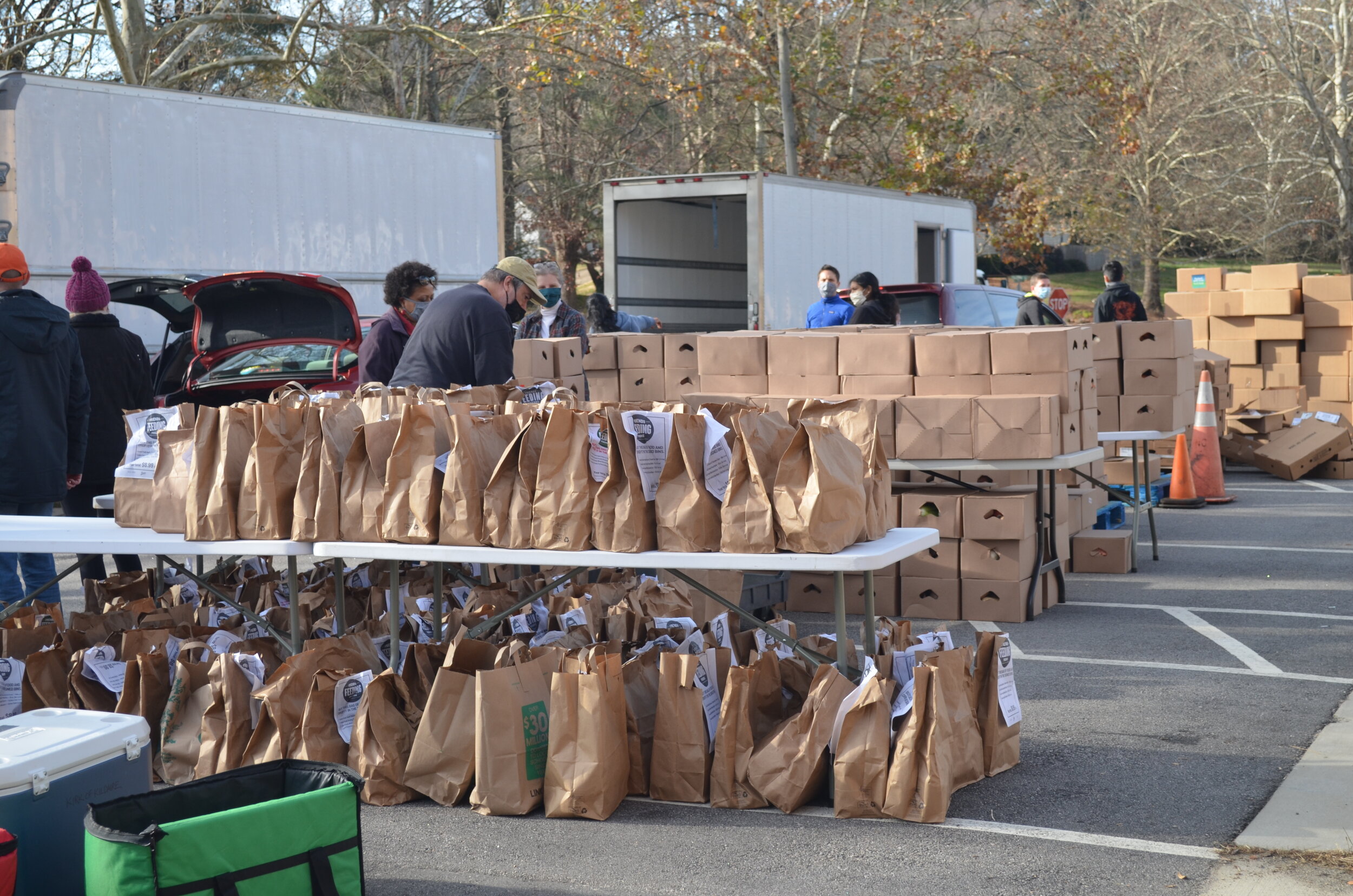Addressing Food Insecurity During & After Covid-19:
Grassroots Organizers, Technology, & Data
Wake County Impact Report 2020 - 2023
Wake County Impact Report 2020 - 2023
Freshspire aided hubs in food purchasing, and tracked the impact of this program. This report goes over the results. Read more about the initiative here.
*Data included in this report was funded fully or in part utilizing CARES and ARPA county funding for COVID-19 Emergency and after.
We collected data on the impact this program had on the county, including how, when, and where meals were distributed.
Click here to view visuals and numbers.This food distribution program was a joint effort between multiple parties: Wake County and the NC Cooperative Extension, food suppliers, food hubs, the Freshspire technology, and more.
Click here to see how everyone worked together.The people involved in this program worked tirelessly to make sure families have food on their tables.
Click here to check out some photos.Impact by Numbers:
Emergency Boxes
Partners
Locations
14 Community Food Hubs were set up as food pick-up locations. These hubs also organized delivery of meals to specific neighborhoods and sites to directly reach families.
Below, we’ve mapped out how many meals were distributed throughout Wake County. The colors of the markers represent the Community Partner that distributed the meals and the sizes visually represent the quantity of meals distributed at that location. If you click on the marker, you can view the number and the Partner name.
To the right, you can view the number of meals distributed per month throughout this program. The impact grew as the program continued. We tracked meals distributed per site, family size and demographics, and purchases as well.
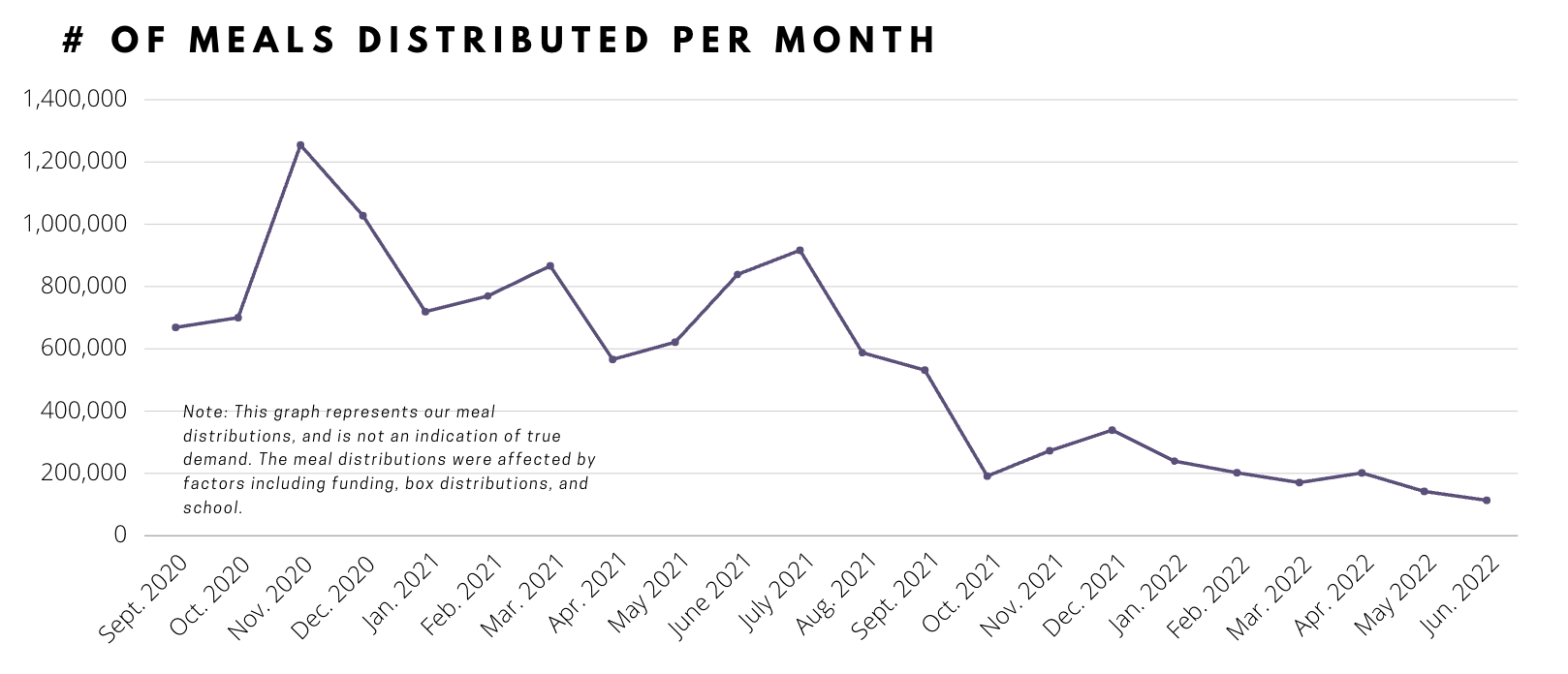

Process & People
Develop and Launch Community Food Hubs in Food Insecure Areas
Enhance Food Resources for Target Populations
Increase Purchasing Power and Storage Capacity for Pantries and Food Banks
Community partners including churches/non-profits as hub locations, food suppliers, and a technology provider were chosen.
The chosen Hubs use the Freshspire technology as the platform to order the food they need for the coming weeks, from suppliers of their choice. Each hub was allocated “food boxes” assembled by the Food Bank of Central and Eastern NC and Interfaith Food Shuttle, which included necessary dry goods and shelf-stable items. Hubs purchased or had donated fresh produce, meats, groceries, and cooked meals from other suppliers in the network.
The hubs distributed these food items in the form of multiple boxes and bags by either “pick-up” or “delivery”.
Pick-up:
On distribution days, cars lined up at the hubs to collect their fresh food for their families. Once the car pulled up to the loading site, the driver would open his/her trunk to which volunteers directly loaded the boxes and bags. Many locations gave families choices for meats and other emergency items. The amount of food distributed to each family was based on family-size.
Delivery:
Each hub organized volunteers to delivery food boxes and bags to specific locations and neighborhoods, to ensure families that were not able to make it to a pick-up location were also fed. These locations were chosen by the hubs, based on the community’s they were in.
The people involved in this COVID-Relief program worked tirelessly to ensure our community was fed with nutritious meals throughout the pandemic.
These centers brought all partners together to put this COVID-Relief program into play. They chose the partners, facilitated relationships, and distributed funds.
Katherine Williams: County Extension Director
Sydney Klein: Food Security Program Manager
Veronica Dress: Food Security Program Assistant
Nicolette Ulrich: Local Foods Coordinator
These are the organizations that either set-up their locations as food pick-up centers and/or delivered food to their communities. They ordered the food they needed, managed logistics, organized volunteers, and made sure the program ran smoothly.
YMCA (Southeast Raleigh, Garner, and Knightdale): Kim Keith, Ellen McClay, Jodi Jetter, Kinard Barnett, Beth Porter, Jeff Little
Raleigh Dream Center: Jeremy Porras
Kirk of Kildaire Presbyterian Church, First United Methodist Church, Triangle Community Church, White Oak Missionary Baptist Church : Stephanie Workman, Rich Woynicz, Stephanie Purdy, Lanier Ward, Kathleen Lee
Juniper Level Missionary Baptist Church: Sylvia Rivers, Bonita Mayburry, Catherine Johnson
Zebulon Baptist Church: Shannon Baxter
Northern Community Food Security Team: Michael Burger
Pleasant Grove Baptist Church - Carver Center: Evelyn Lucas, Delores Richardson
Pine Acres Community Center: Brian Haynes
Overflowing Hands
Wake County Public School System Child Nutrition Services
Society of St. Andrew’s
The Marcus Harris Foundation
A Place at the Table
These non-profit organizations and companies served as food supplier to the Hubs, by selling and/or donating food as the Hubs needed. The sold produce boxes, meat cuts, individual bulk items, and more.
Food Bank of Central & Eastern NC
Inter-Faith Food Shuttle
Ward’s Produce Company
Grocers on Wheels
The Produce Project
The Produce Box
Hayes Family Farm & Produce
4M Farms
Oak Ridge Farm
Nahunta Pork Center
McLamb’s Abattoir & Meats
Stick Boy Bread Co.
Freshspire served three purposes in this program:

Allowing Hubs to reliably purchase food from suppliers on the platform.
Enabling the tracking of food distribution, so that hyper-local data could be collected.
Reporting the impact of the program monthly, with numbers and visuals to present the impact of this COVID-relief program.
Freshspire’s technology provides users with vendor management, order management, and data analytics for wholesale food buyers/suppliers. The company provides secure software infrastructure accessible on web & mobile devices. In addition, the company offering data reporting and consulting.
Gallery
Here are some photos from Hub sites on their distribution days.
